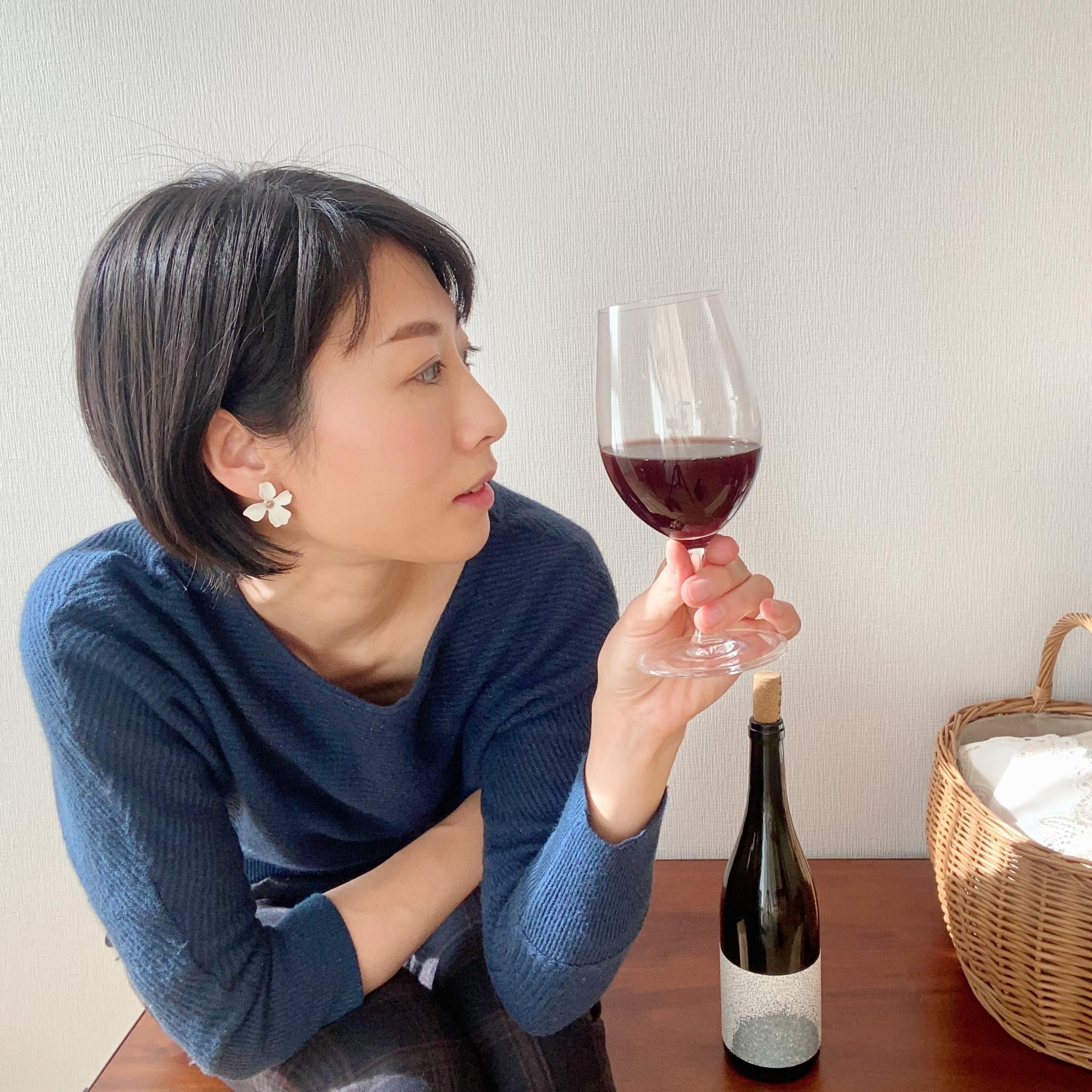����磻��ε����ϡ���8000ǯ���Υ��硼�������̤�ޤ���Ǵ�ڤ���֥���������פDz��餴��ȯ�ڤ��������ξ�¤ˡ�������θ����Ǥ���20�����������μ�ˡ�ϥ����ꥢ�������եꥦ��ȡ����ܤ��륹�������˥��������ꥷ�奫���֥���ǺƤ�©���֤��ޤ�����������ʳ�Ū�˸��Ĥ�ľ���������ȿͤȤ�Ĵ�¤��ɵ᤹�뤽�λ����ϡ��䤬�ơȥ���磻���̿�ɤȸƤФ��Ĭή�����߽Ф��ޤ���
����3�祪��磻����
���硼�������եꥦ�ꡦ���������˥�
�����Ǥϥ���磻���þ��ϤҲ𤷤ޤ��礦�����������Ϥ�¤���Ƥ��ޤ��������θ�ή��ȯŸ�μ��Ȥʤä��Τ�������3�ϰ�Ǥ����������������ؤηɰդȺ�ȯ���ɤȤ��������������ʤ��顢������ʸ���ΰ㤤�����ȼ��θ�������Ǥ��ޤ�����
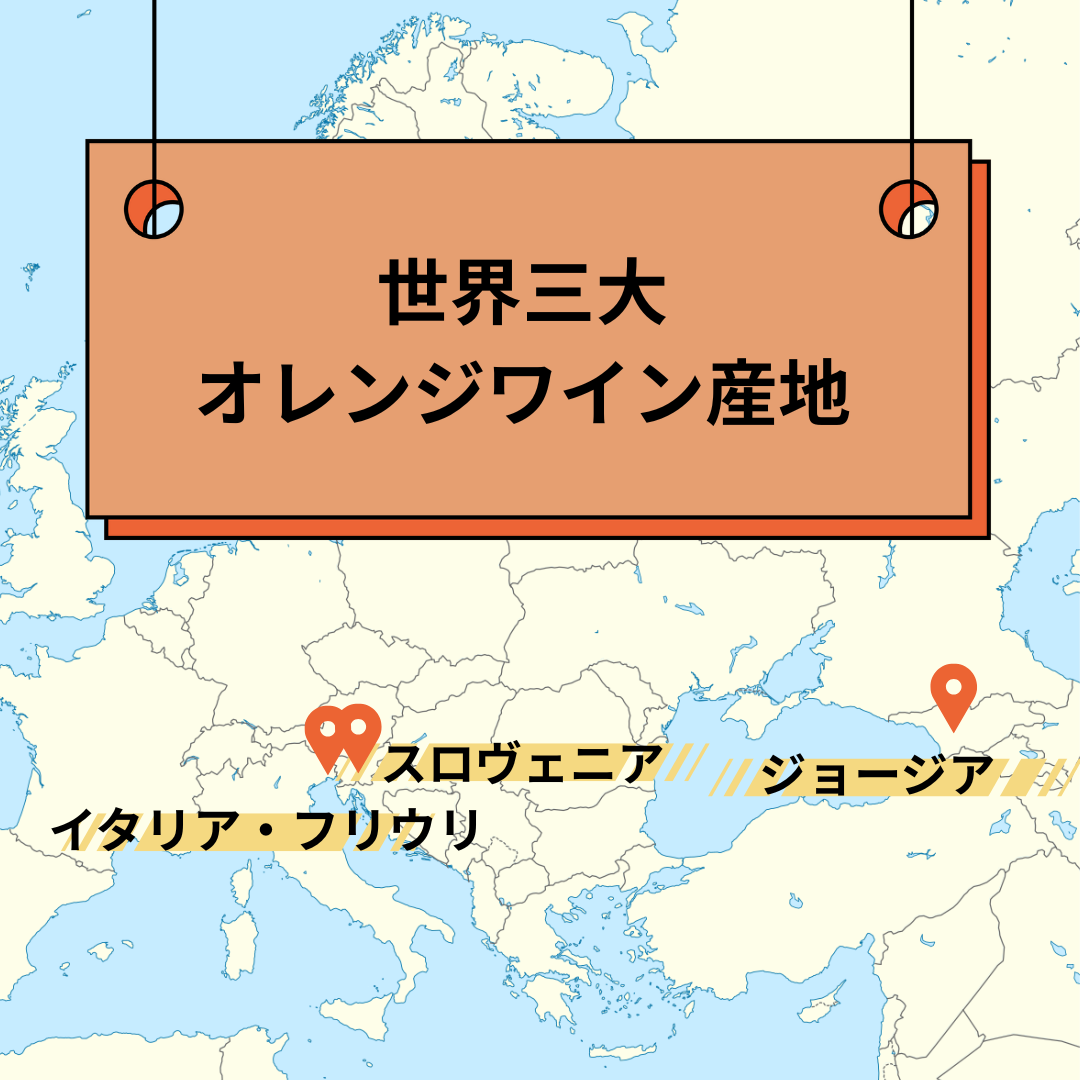
���硼���� / Georgia
��8000ǯ�Υ磻��¤�����ˤ����������������(Qvevri)�ᥢ��ե��顢�ȸƤФ��Ǵ�������������ȯ�ڤ����������ˡ��Ѿ�������磻��Ρָ����פǤ��ꡢ�����μ����ɥ磻��ʸ��������Ū�ʥ롼�ĤȤʤäƤ��롣�����ʼ���Ѥ���Ĺ������ͳ��Τ��ä���Ȥ�������˥�ȹ��ʡ��ɥ饤�ե롼�Ĥ䥹�ѥ���������Τ褦����̣������Ū���϶��������Ѥʻ�̣������̣���Ǥ�����Ū�ǡȺ���Ū�ɡ����ڤ佡��Ū�طʤ�ޤ�ʸ�������������磻�����褽�Τ�Ρפ˺��դ��Ƥ��롣
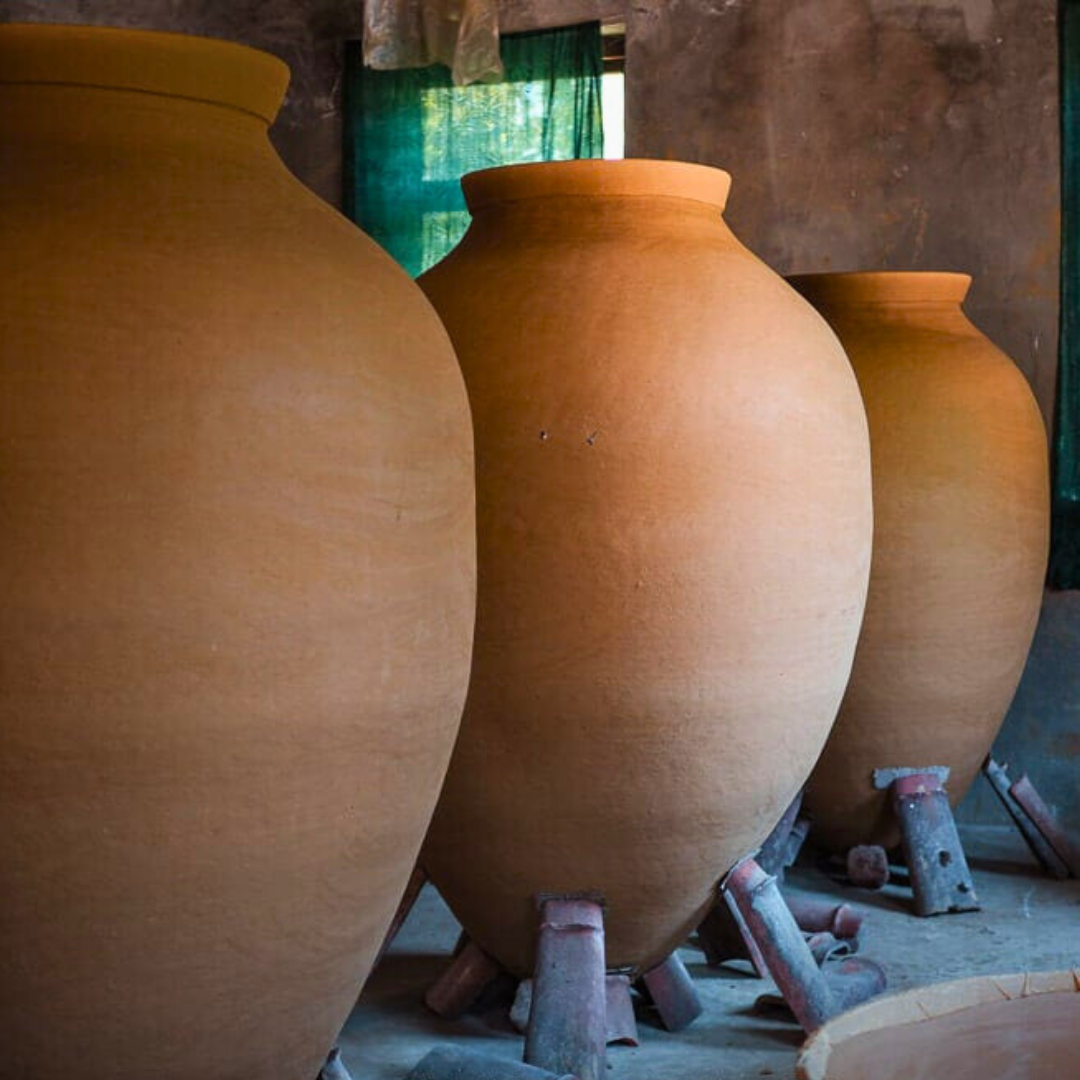
�եꥦ�� / Friuli��Venezia Giulia, Italy
1990ǯ���Ⱦ�˸�����ˡ�κ�ȯ���ȸ���Ū�ƹ��ۤ������ꡢ����Ū��Ĭή��������濴�ϡ���ǥ���������ʡ����ĩ�郎�ȥ���磻��ɤȤ�����ǰ��Ļ벽��������ܥå顦����å��ԥΡ��������ο�����Ф�Ĺ��������Ƽ��〜�������ϡ��֤����𡢹��㡢�Ϥ����̼¤Υ˥奢��ʣ����;����Ĺ���������DZߤߤ��Ф롣�������������������ݥƥ�뤬�⤤��̣�襤�ˡȷݽ�Ū�������ɤ����ꡢ����ͤ�ů�ؤ������롣
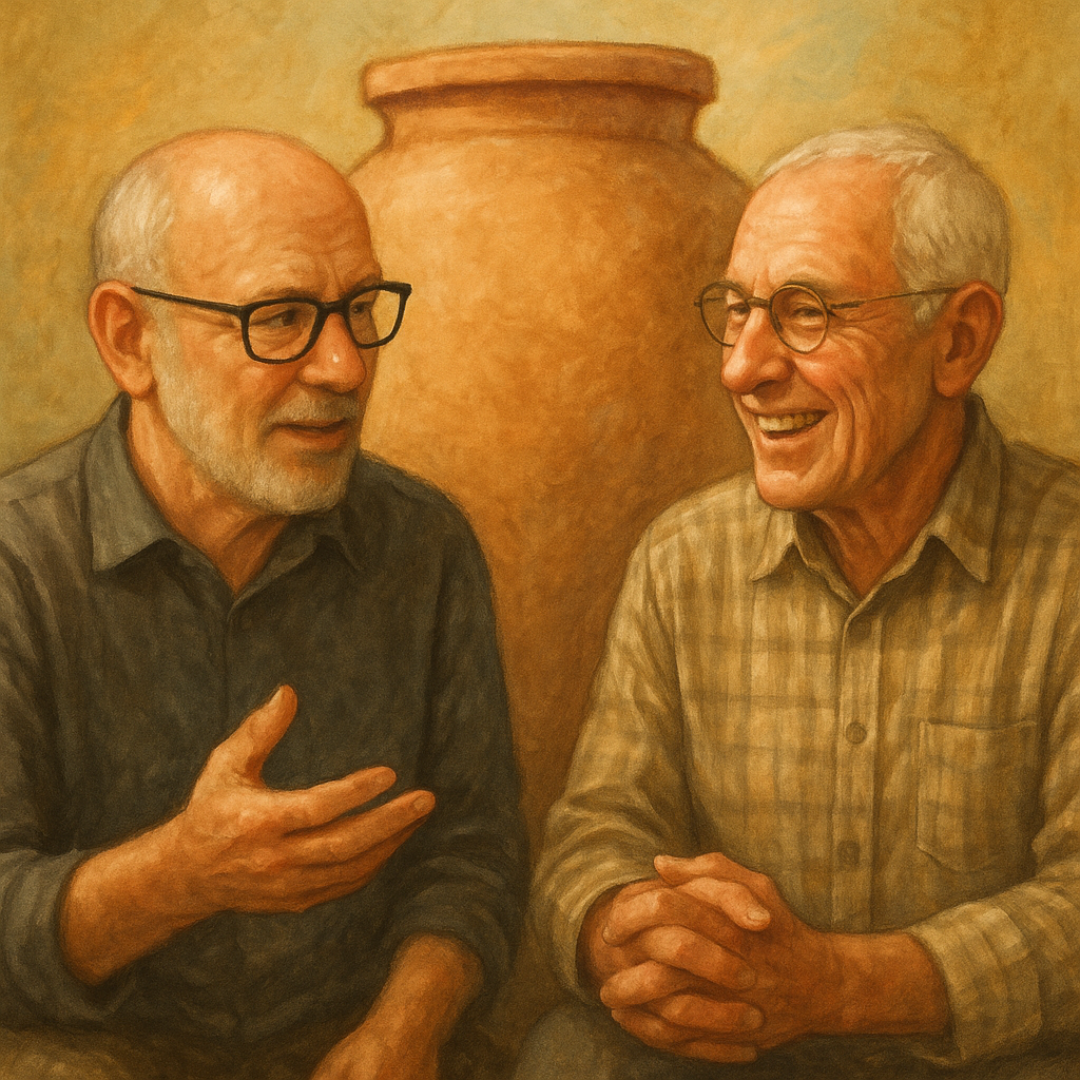
���������˥� / Slovenia
�եꥦ�����³���Υץ��륹������(���ꥷ�奫���֥���������ѡ������ʤ�)�Ǿ�����������³���Ƥ��������ߤϼ����ɡ������ξ����¤��꤬���ڤ�¤�äƤ��롣�ʼ�ϥ�֥�(Rebula)���ޥ�Х������ԥΥ�����濴�ˡ����ι��ʤȱ�̣���سԤ�������˪̪��ϡ��֡����̥ԡ���ι�ꡣ��Фϻ��ϡ������Ԥ��Ȥ��������뤬�������ƥХ�����äƤ��ơ����߿��Ϥ��ɤ�����Ω�ġ����������˥��Υ磻��¤��ϡ��ȼ����Ȥζ��������ɤ˴�Ť��Ƥ��롣�֤ɤ�Ȫ�Ϥ��Ф��п�����֤ȶ�¸����Ȫ������ַϤΰ����פȤ���º�Ť���������롣���η�̤Ȥ������ޤ�륪��磻��ϡ��Ť�����Ĵ�¤�������̣�襤��3�Ԥ���ǺǤ⥯������������Ǥ���ʤ��顢����ͤˡ��ż�ɤȤ���;����Ĥ���
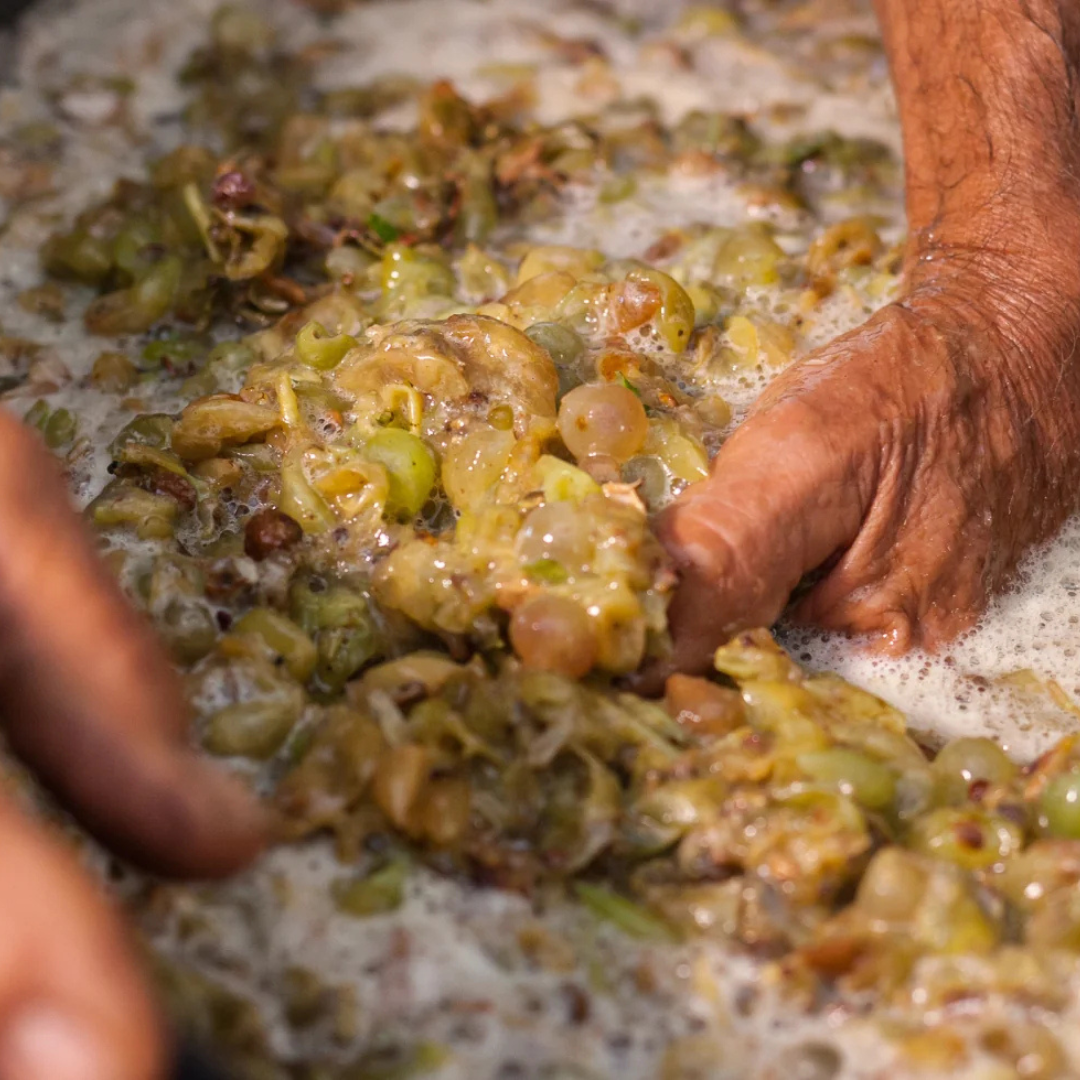
���硼�������եꥦ�ꡦ
���������˥������
����
���硼����(�¤ߡ�����) �� �եꥦ��(��С�����)
�� ���������˥�(�����ߥͥ��)
̣�襤��������
���硼���� �� �ڤäݤ���̣�ܥ��ѥ�����
�եꥦ�� �� ǻ̩��ʣ����;��Ĺ��
���������˥� �� �����̣�������
�ڥ������
���������˥����Ǥ���������ǥեꥦ��
���硼������ȯ�ڡ��������ѥ����Ϥ˶���
����¾�Υ���磻����
�ե�� / France
�����䥸��顢���륶���ʤɤǾ��������ܡ��ԥΥ���䥽�������˥���¤�����Τ�¿�����ڤ䤫�������ɤޤǡ��ߥͥ�봶�ȷڤ䤫��������ԡ���ι�꤬��ħ���ƥ����Ż���������줿̣�襤�ǡ��ʥ�����磻��ʸ���θ��ߤ��롣
�ɥ��� / Germany
�����ϤΥ���磻��ο�������ɽ�ʡ������䥰�饦�֥륰�����(�ԥΥ���)��Ȥ����ڤ䤫�ǥե�å���ʻ����ĥ������뤬��ή��������Ĥ���顢�֤Τ褦�ʹ����������٤ǥ����ʰ��ݡ��������������ϡ��������ʤɤˤ�褯�礦��
�������ȥꥢ / Austria
���ʼ��ʥ�����磻��ι�Ȥ����Τ�졢����塼�ʡ����ե���ȥ�ʡ���ԥΥ�����Ѥ��������磻�������档�ե롼�ƥ��ǹ��⤯���������Ƥǥ�����¤�ꡣ����Ū��ü���ʥ������뤬¿���������ȥ�������֤˰��֤��롣
�������ȥ�ꥢ������ꥫ / Australia & USA
�������μ�ͳ��ȯ�ۤ��ħ����¸�ߡ������ɥͤ�ԥΥ���ʤɤ��Ѥ����̼�̣��褫���������奢��ǿƤ��ߤ䤹������磻��¿��������ե���˥��Ǥϻ��Ȼ�̣�ΥХ��ռ������ȥ���եȡ���������ɤ�����档�����ɥࡼ�֥��Ȥȥ���ե�ʸ����ͻ�硣
���� / Japan
�ý����ǥ饦�����ʤɥ���ϡ����ܸ�ͭ�ʼ��褫�������٤�¤�꤬¿����������Ĺ�����Ǥϡ�����ͳ��λ�̣�ȹ�����ʽ¤ߡ��н��Τ褦��;�����ġ����餫�ʥ���磻�������Ƥ��롣���䤫�ʻ��ȹ�����ʲ̼�̣���¿���ȴ�������������Ū�ˤ�ɾ������ޤ�ĤĤ��롣
| ���� | ���Ū�ط� | ��ʤ֤ɤ��ʼ� | ̣�襤����ħ | ��̣ | ��̣ | �������� | ������������ |
| ���硼���� | �磻��ȯ�͡�����������ʸ�� | �륫�ĥ��ƥ�ʤ� | �ɥ饤�ե롼�ġ����㡢���ѥ������ڤλ�̣ | �� | �� | �϶������� | ��������ȯ������ |
| �եꥦ��(��) | ������ˡ�κƹ��ۡ����奪��ο̸��� | ��ܥå顦����å顢�ԥΥ��� | ˪̪�����𡢹��㡢ʣ����;����Ĺ�� | ��〜�� | �� | �Ÿ���ů��Ū | ������������������ |
| ���������˥� | ��������������ȥ�����ͻ�� | ��֥顢�ޥ�Х��� | ���̥ԡ��롢�ϡ��֡�˪̪���ߥͥ�봶 | �� | �� | �����ǿ������ | ������ڡ��¿� |
| �ɥ��� | ���û��Ϥο�Ĭή | �������ԥΥ��� | ���㡢����֡����٤ǥե�å��� | ��〜�� | �� | �ե�å��塦����� | ��������������ϡ������� |
| ���� | �¿�ʸ���Ȥ�ͻ�硦��ͭ�ʼ� | �ý����ǥ饦���� | ���̡��н������㡢���餫�ʻ�̣ | �� | �� | ͥ�������� | �¿����̡�������� |
| �������ȥꥢ | ���̤ʾ�¤ʸ���ȼ����ɤ�Ĵ�� | ����塼�ʡ����ե���ȥ�ʡ�¾ | �ե롼�ƥ��ǹ��⤯���������� | �� | �� | ü���ǹ���Ū | ��ȵ������� |
| �ե�� | �ƥ����Ż��¿���� | �ԥΡ����ꡢ���������˥�֥��ʤ� | �ߥͥ�롢����ԡ��롢�ڤ䤫 | �� | �� | ���������쥬��� | �ե��ޡ����塢������� |
| �뽣���ƹ� | ��ͳ��ȯ�ۤȥ���ե�ʸ�� | �����ɥ͡��ԥΡ�����ʤ� | �̼�̣����̣�����餫�ʻ� | ��〜�� | �� | �����������롦�����奢�� | BBQ����������� |
���������˥���
�ȥ���磻������ϡ�
�ȸƤФ����ͳ
������ʸ��
���ΰ���ˡ����ι�Υ���磻�����ϡɤȸƤФ����ͳ�����Ƥ��Ž̤���Ƥ��ޤ���ñ�������䵤�����äǤϤʤ���ή�ԤǤ⤢��ޤ���
�־����פ�ʸ���Ȥ��ƺ��Ť��Ƥ��롣�����طʤ�3�Ĥ�¦�̤��鸫�Ƥ����ޤ��礦��
�� ��ˤ�������Ϣ³��
����ۤ���³��ʸ����
���������˥������Υץ��륹�������ϡ������ꥢ�Υեꥦ�������ȹ��ܤ���Ĺ����ˤ���ǤҤȤĤΥ磻��ʸ�����Ȥ���ȯŸ���Ƥ��ޤ�����������ι�������ФƤ⡢�͡��α���ȵ��Ѹ�ή���䤨�뤳�Ȥʤ�³����
����磻��ƶ��θ����Ȥʤ�ޤ�����
�Ĥޤꡢ����磻�ֺ������������פǤ����Ʊ���ˡ��ּ����Ѥ���Ƥ������פǤ⤢��ΤǤ� (Simon J. Woolf ��Amber Revolution�� 2018)
�եꥦ��&���������˥�
�磻���ϥޥå�
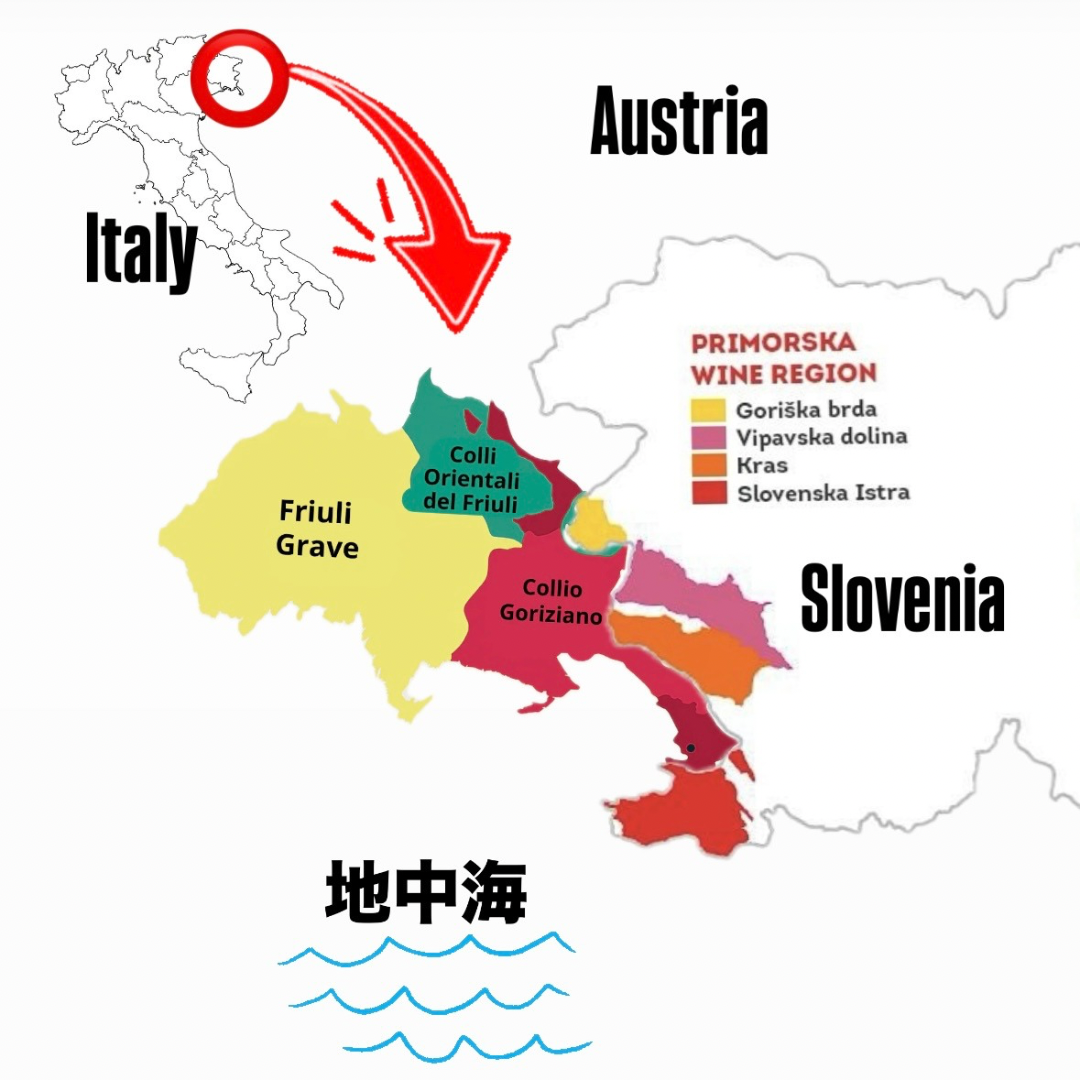
ξ�����³���ǤҤȤĤΥ磻��ʸ����
�� �����ʾ�¤ů�ؤ�����Ū�ʹ�����
���������˥��Ǥϡ������ꥢ�Υץ��륹�����������Ǥʤ����ݥɥ饦������ݥ��������Ȥ��ä���Φ���Ǥ�
�Ⱦ����ɤ����������μ�ˡ�Ȥ��Ƽ����Ѥ���Ƥ��ޤ����ɤ��ϰ�Ǥⶦ�̤��Ƥ���Τϡ����ܹ����Ȥ鷺������ȤȤ�˼���ȯ�ڤ�����Ȥ�������Ū��¤�ꡣ����ϰ������ή�ԤǤϤʤ��������Ķ����©�Ť�ʸ���Ǥ��ꡢ¾�λ��ϤȤη���Ū�ʰ㤤�Ǥ���
�� ������ǧ����ʼ�
���������˥��Υ���磻��ϡ����Ū�ˤ�⤤ɾ�������Ƥ��ޤ����ѹ�Υ磻�㡼�ʥꥹ�ȡ��������ߡ������å� (Jamie Goode)�ϡ����������˥���¤�������ʡ����祿�� / Vina Čotar �Υޥ�Х���2009��ɾ���ơ��ֲ���ȤȤ��ȯ�ڤ�����磻��Υ������뤬�������Ǥ������˵�ǽ���Ƥ���/ This is skin-contact white winemaking that really works�פȽҤ٤ޤ��� (WineAnorak.com 2015)
����ȯ���ϡ����������˥��Υ���磻�ȹ��������Ĭή�ɤǤϤʤ���������ǧ���줿�ʼ��Ǥ��뤳�Ȥ�ʪ��äƤ��ޤ��� ��������
��ˡ�ů�ء��ʼ��λ��̰��Τˤ�äơ����������˥��������Υ磻����ˤ�����ȥ���磻������ϡɤȤ��ƳθǤ����ϰ̤��ۤ��Ƥ��ޤ���
������ʸ�������ι�Υ磻����ħ����Ǥ����������դǤ��� 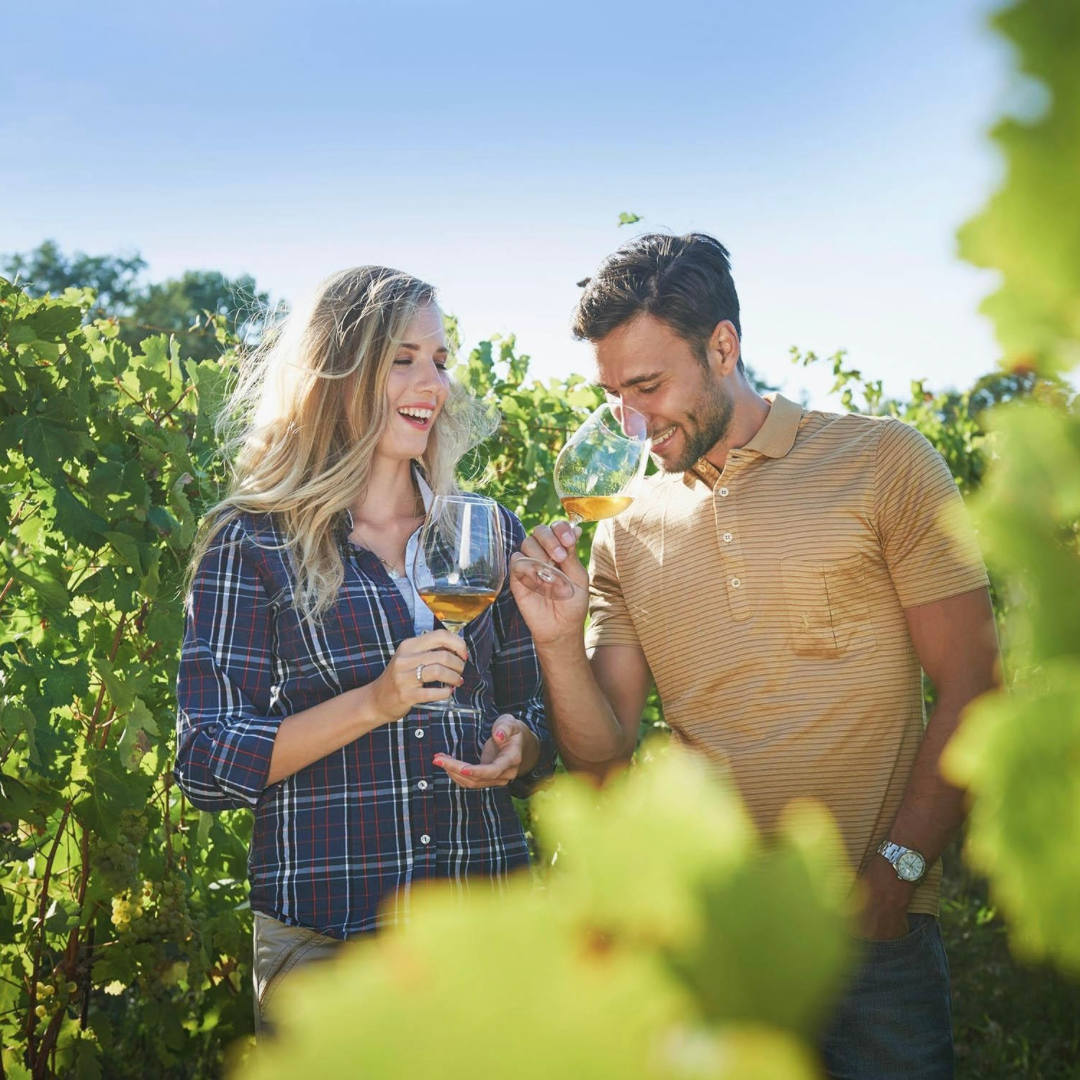
���������˥��Υ磻����
���������˥����礭��3�ĤΥ磻����(�磻�������)��ʬ����ޤ����ץ��륹�� Primorska���ݥɥ饦���� Podravje���ݥ������� Posavje��������Ǥ�3�ĤΥ�����ȡ�9�ĤΥ��֥�����Ƥ����ޤ��礦��
�ץ��륹������/Primorska
�������եꥦ��(��)�ȹ��ܤ��륹�������˥������þ��ϡ�4�ĤΥ��֥�����(���ꥷ�奫���֥���������ѡ����������饹(���륹��)�������ȥ�)�����ꡢ����磻����濴Ū���ꥢ�����泤����������֥��ޥ�Х������濴�ˡ���̣��Ʃ�������̼¤ȥߥͥ��ΥХ��������
�ݥɥ饦��������/Podravje
���������������ȥꥢ�Ȥι˹����������ϡ���ɽ���Ϥ����奿�����륹�� Štajerska���ץ�å���ꥨ Prekmurje����磻���̾���ϤȤ����Τ�졢û�������ˤ�����٤ʥ�������á�����Ȳ֤Τ褦�ʹ�ꡢ������ԥΥ��꤬���ϡ�
�ݥ�����������/Posavje
��������ε������ӡ������������Ԥ�¿�����ӥ��ꥹ�����ɥ�����٥饯�饤�ʤ�3���֥������ޤࡣ����Ū�˰��ޤ��ա��ɥե��ɥ�ʥ�������ޤ���ϰ�ǡ��ڤ䤫��ͥ����̣�襤����ħ��
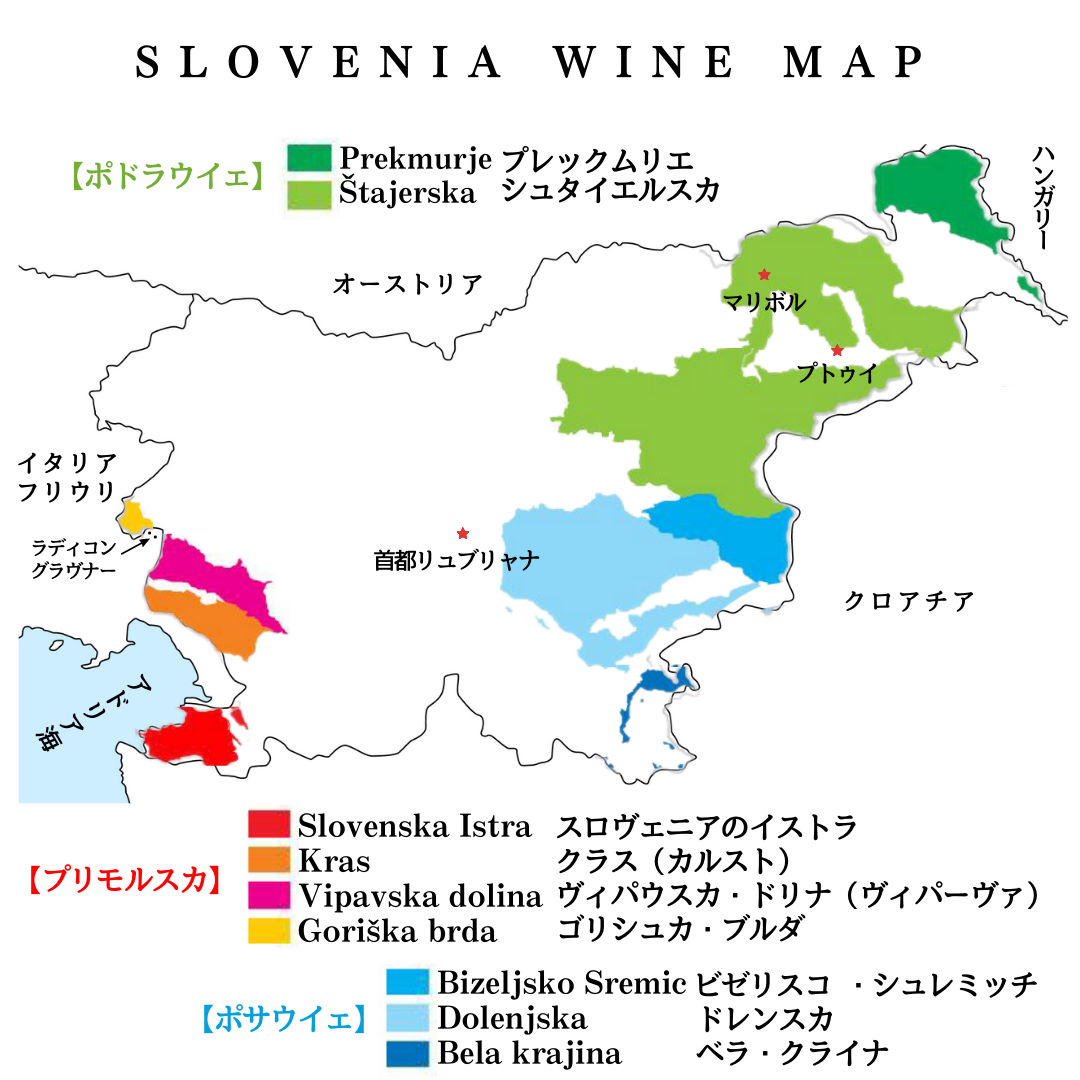
���ꥷ�奫���֥��/Goriška Brda
�ˡ����åꥪ����³���ε������ӡ��г����ܥݥ�(ť����)ͳ��Υߥͥ�롣��֥顢�ޥ�Х������ԥΥ���ǡ����̥ԡ����˪̪����̣�Τ���ե��˥å��塣û������ξ����Ǥ��سԤ��������ʥХ��ؤ롣
�����ѡ�����/Vipava
���ɥꥢ��������ȵ��Ȼ������ܡ���(����)���в�ë�������������ޤꡢ�ϡ��֤䥹�ѥ��������Ʃ�������륢��С������ࡣ�����˥ĥ��ʤ������ʼ��������ʤߡ����������˥��Ρȿ�������ŵ�ɤȤ������ܤ���Ƥ��롣
���饹/Kras�����륹������
�г��������(�ơ��顦���å�)������ʤ����äΥƥ���롣Ŵʬ��ޤ�ߥͥ��ȥ���˥�ǡ��϶���Ƽ�����ӤӤ�����磻������ࡣĹ�������䥢��ե�������Ȥ�����ǡ��ץ��륹������Ǥ�Ǥ�����Ū�ʸ������ġ�
���������˥��������ȥ�/Slovenska Istra
���ɥꥢ����ߤβ��Ȥ��ϡ��ޥ�Х����������ȥꥢ���ʤ�̾���Ϥǡ��ȥ��ԥ���ե롼�Ĥ�ϥ��ߥĤΤ褦�ʹ�ꡢ���餫�ʻ����ġ�����䥪��֥�����ȹ礦�����泤�餷�����Ӥ䤫��̣�襤��̥�ϡ�
���奿�����륹��/Štajerska
���������˥����������������ӡ��������㤷��ɸ�⺹���礭����������δ��Ⱥ��⸲����û�������β���Υ������뤬���դǡ��������ߥ她���Ϥ�ԥΥ��꤫��֡����㡢������٤ʥ����ޤ������롣������������ͥ���ʥХ���ݤġ�
�ץ�å���ꥨ/Prekmurje
�ϥ���ܤ�������������л����Ȳ����ھ������ߤ����̼�̣�����뤤�ڤ䤫�����Ф롣�饷�奭�������ԥΥ��꤫����⤯���餫�ʥ������뤬���ޤ졢��ǯ�Ͽ��������Ԥˤ������磻��������档
�ӥ��ꥹ���������ߥå�/Bizeljsko–Sremič
���եȤʵ����Ϥ�Ǵ�ڼ��ھ����Ƥ��ߤ䤹�����ȴݤߤ��ĥ����¿�����ϡ��֤�ʥåĤΥ˥奢�����䤫�˹����롣
�ɥ��/Dolenjska
���������˥��ǺǤ�����Ū�ʥ磻���ϤΤҤȤġ�����Ū�ʥ磻��ʸ�������դ��ϰ�ǡ��饢��С��ޤǼ�Ż���̣�襤���Ĥ롣ȯ�ڤι����̣�����������Ѥʤ����������
�٥顦���饤��/Bela krajina
�����������˶ᤤ���������г����ھ��ǹ�꤬�������ޤꡢ�̼�̣�����뤤����֤ɤ����ΤΥ��ꥢ�Ƿڤ䤫�ʥ���磻������á����ѥ�����ϡ��������Ȥ褯�礦��
�鷺��200km�ۤɤξ���ʤ��顢����ץ������ɥꥢ�����ѥ�Υ˥�ʿ���αƶ��������¿�ͤ��Ϸ��ȥߥ����ʵ�����¸�ߤ��Ƥ��ޤ������줳�������������˥��Υ���磻��������Ǥ���ʤ�ɽ��˭���ʤ�Τˤ��Ƥ���ΤǤ���
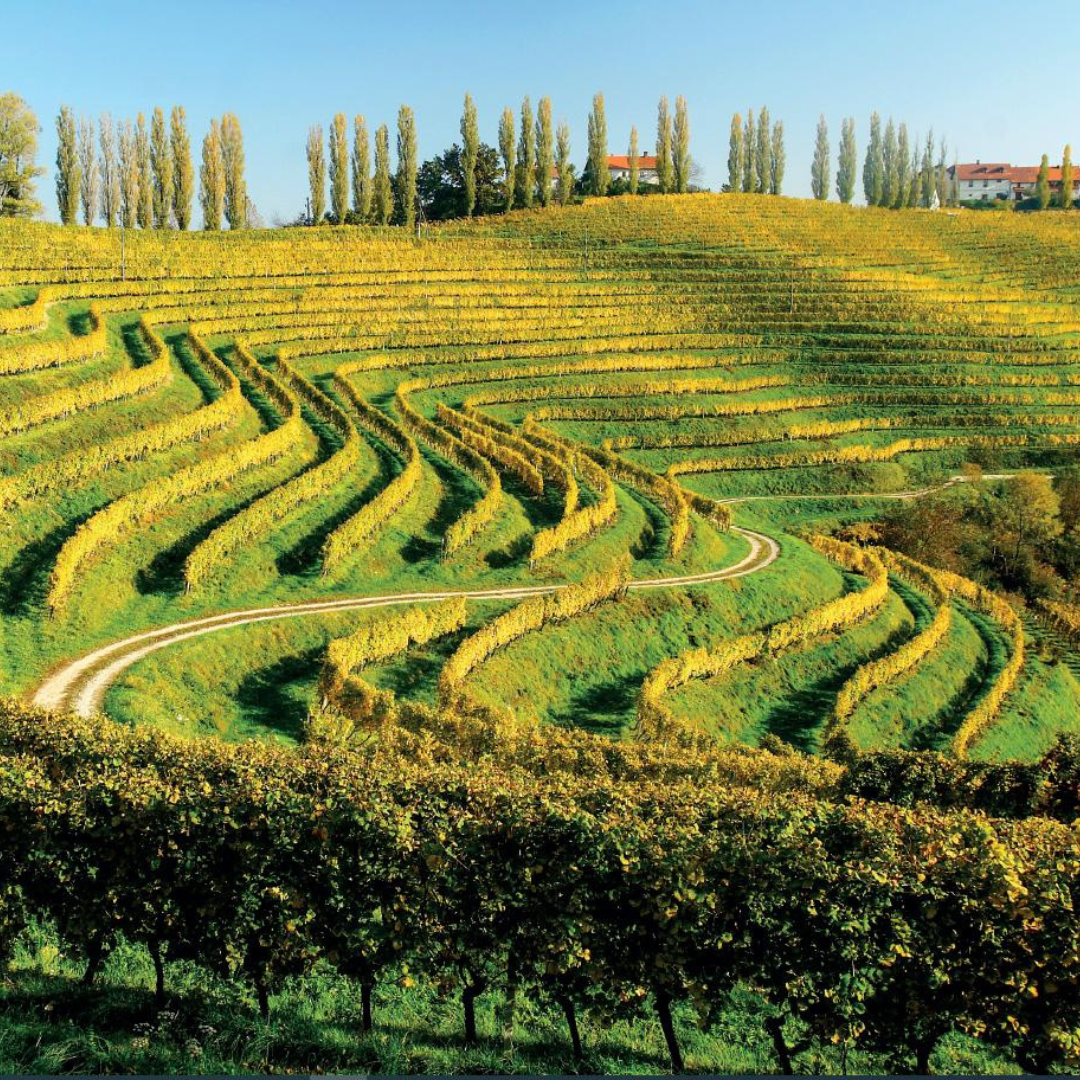
�����Ǥ��ä�1%����
������磻��������ͳ��
OIV(��ݥ֥ɥ����磻��)�����פˤ��ȡ�
����磻�������Ū�������̤ϡ��磻�����Τ�1��̤���ȿ�פ���Ƥ��ޤ��� 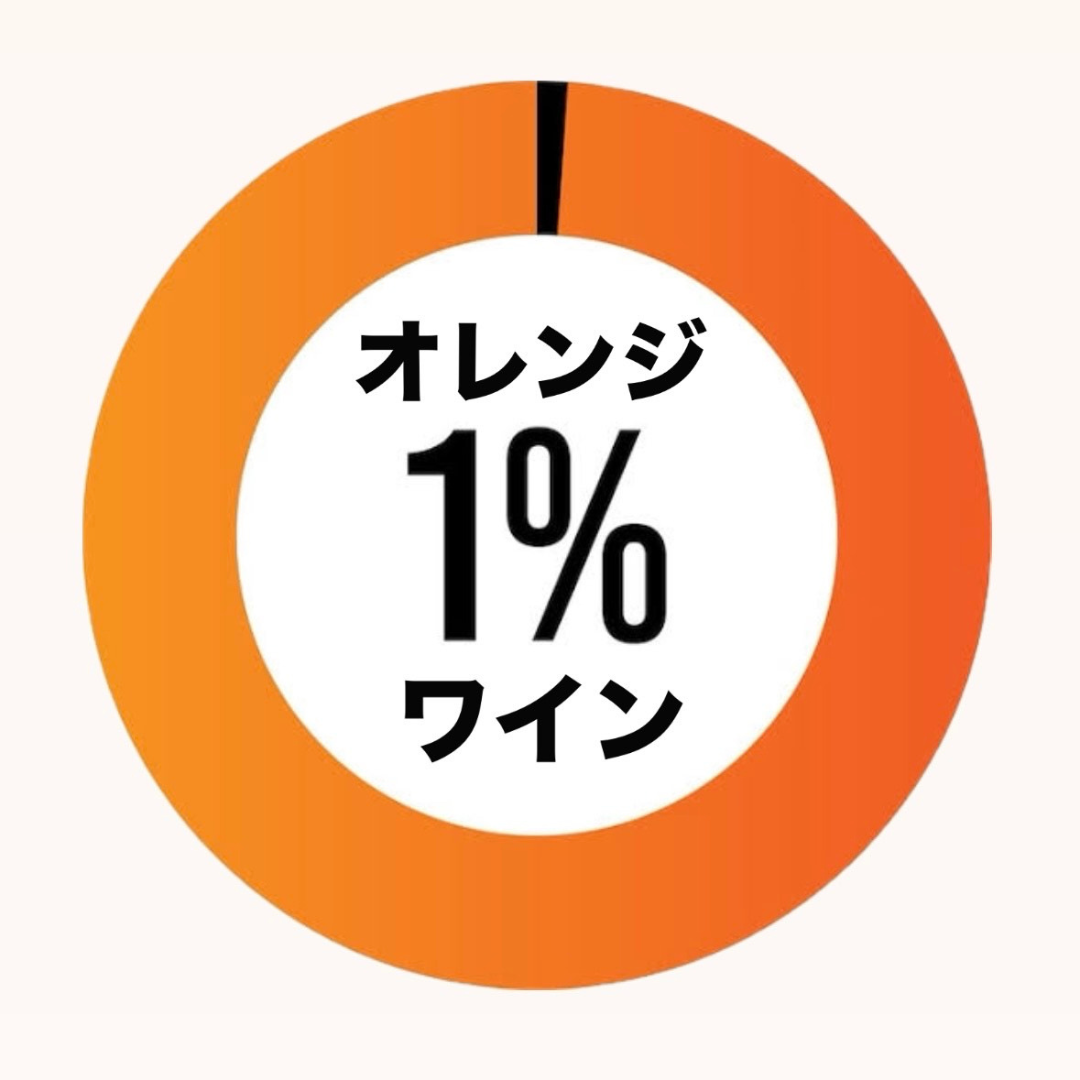
����磻������Τ˥��ƥ�������Ƥ����Ϥ��������Ǥ����㤨�Х����ꥢ�Ǥϡ�
�եꥦ�ꡦ�����ͥĥ��������塼�ꥢ���Υ��åꥪDOC�ˡ�2025ǯ������ơ������顢�֥���磻��פ������ϸƾ����ꤷ�ޤ��������������������˥��Ȥι˹�����������ӡ��������֡���磻��Ρȸ����ϸƾΡɤ��ä��ΤǤ���������Ϥ����˥�����������Ǥ�����ǥ����� & ������ʡ�Ψ����Ʊ�ϰ褬�Ⱦ����磻��ɤ�����ȡ������Ǥο͵��ι�ޤ�ˤ������濴Ū������̤��������Ȥǡ������٥���磻���åꥪDOC�ء����������Τ�����������ԥ����ɥ饤��زä����ޤ�����
��ȯ��: 〜20mg/L(=�֥磻���Ʊ��)
�����δ���: 7����〜
�ѥ�ȥ�����(������Ģ)�λ���:
���ˤ��磻������Τʥ����ɲ���Ƴ��
�ѥ�ȥ�Ĵ���٥��ɽ������
����ʿ��ɾ������ǽ��
��٥�ɽ��: �ȥ���磻��ɤȤ���ʸ���ǤϤʤ����ޥ��졼�����֤ɤ�����¤��줿�磻��Vino da Uve Macerate�ɤ⤷���ϡ��ޥ��졼�����ˤ�ä�������磻��Vino Ottenuto con Macerazione�ɤȤ���
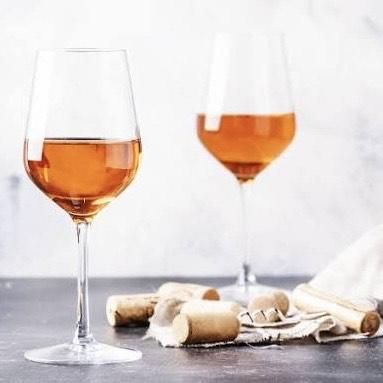
�����ɥ饤�����Ω�ä����ˡ�������磻��ˡ���������졢���ʤ빭�������ԤǤ���ΤǤ���������Ϥޤ���Τ��äǤ�������磻���������Ψ�ϡ������Τ褦����ͳ���顢�ޤ��ޤ��㤤�Τ������Ǥ���
- �����δ����䲹�٥���ȥ�����˽���������
- ȯ�ڡ��������֤�Ĺ���������������Ը���
- �����ꥹ�����⤯�����̻Ź��ߤ��濴
- �Ծ������ɤ��Ĥ��ޤǤ˻��֤��פ���
�������Ǥ⥹�������˥��ϡ�����(=�餤)�ȿ�210���ͤε��Ϥ��餹��ȡ��֥���磻��פǤ϶ð�Ū��¸�ߴ����Ƥ��ޤ���
���������˥���ǯ����������:
��80〜90���إ��ȥ�åȥ�
��=750ml������ ��1��660��〜1��2,000���ܡ�
�磻����Ψ:
��70����磻��
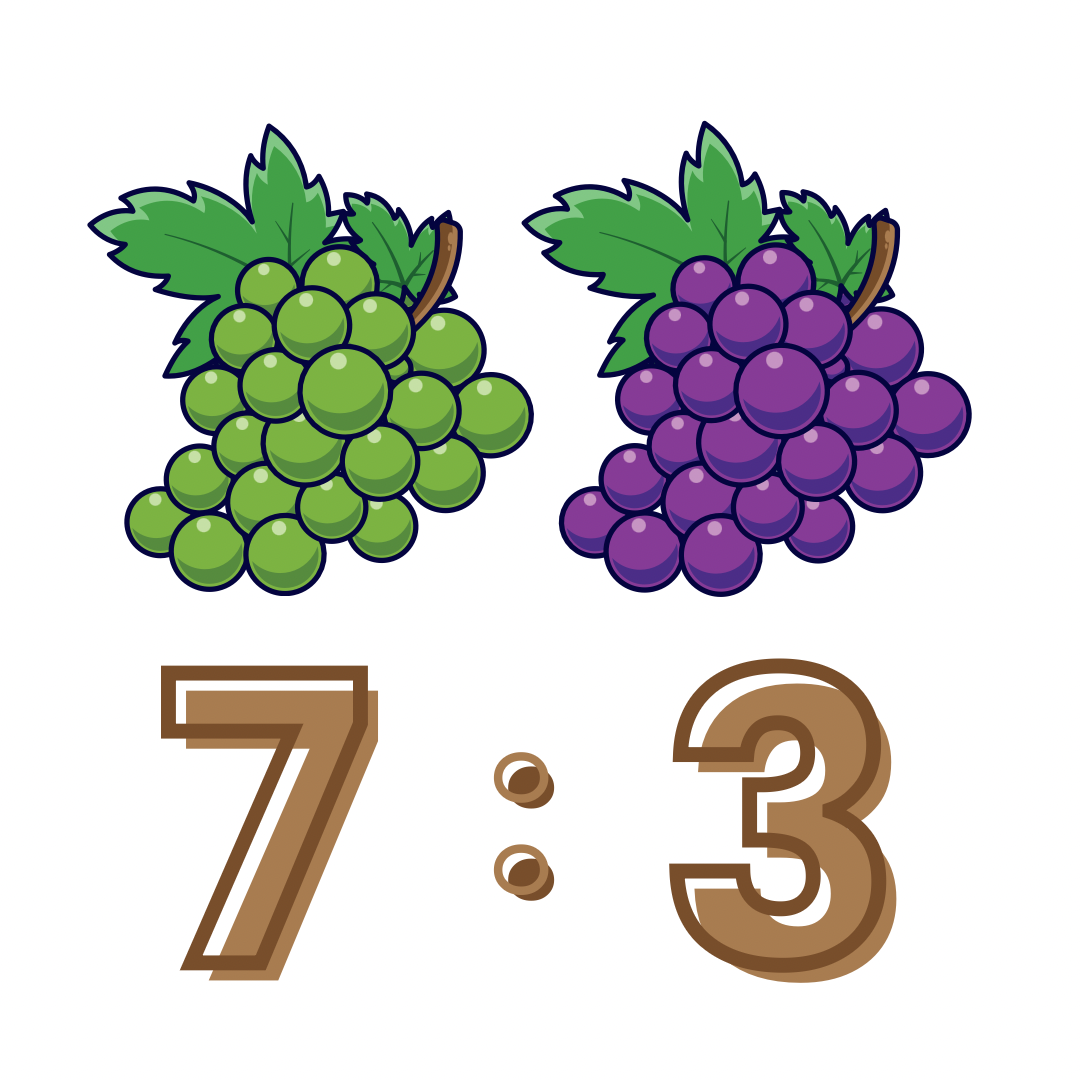
���֤Ȥ��ƤΥ���磻����Ψ:
�������¿����ȯ�ڤ�ȼ��������ԤäƤ��뤿�ᡢ�ºݤˤ�
�֤��ʤ�γ�礬����磻����ȸ����ޤ����������פϡ���פȤ���Ƥ��ޤ���������Ȥδ֤Ǥ�
�֥��������˥��������Ǥ�äȤ⥪��磻������Ū��¤���Ƥ������Ȱ��֤Ť����Ƥ��ޤ��� �����͢�Фδ������鸫��ȡ����������˥��Υ磻��͢�����Τ���ǡ�����磻��� �Ǥ���Ū��ɾ�����⤤ʬ��Ǥ����ä˥����ꥢ���������ȥꥢ�����ܡ��̲�������ꥫ�ʤɤؤ�͢�ФǤ�
�֥��������˥��ᥪ��磻��ι���Ȥ�������������夷�Ƥ��ޤ���
�Ĥޤꡢ�����Ծ�ˤ����륹�������˥���¸�ߴ��ϡ������̤ǤϤʤ�
�֥���磻��Ȥ������ƥ�����Τ�Τ��������Ȥ���ɽ������Τ��������ΤǤ���
1��̤���δ�����������Ǥ⥪��磻�����ܤ����Τϡ���̣������������ʤ���������ˡ��
�磻��Ρȸ����ɤ�Ω���֤�ů��Ū��̥����ɤ��Ƥ��뤫��Ǥ���
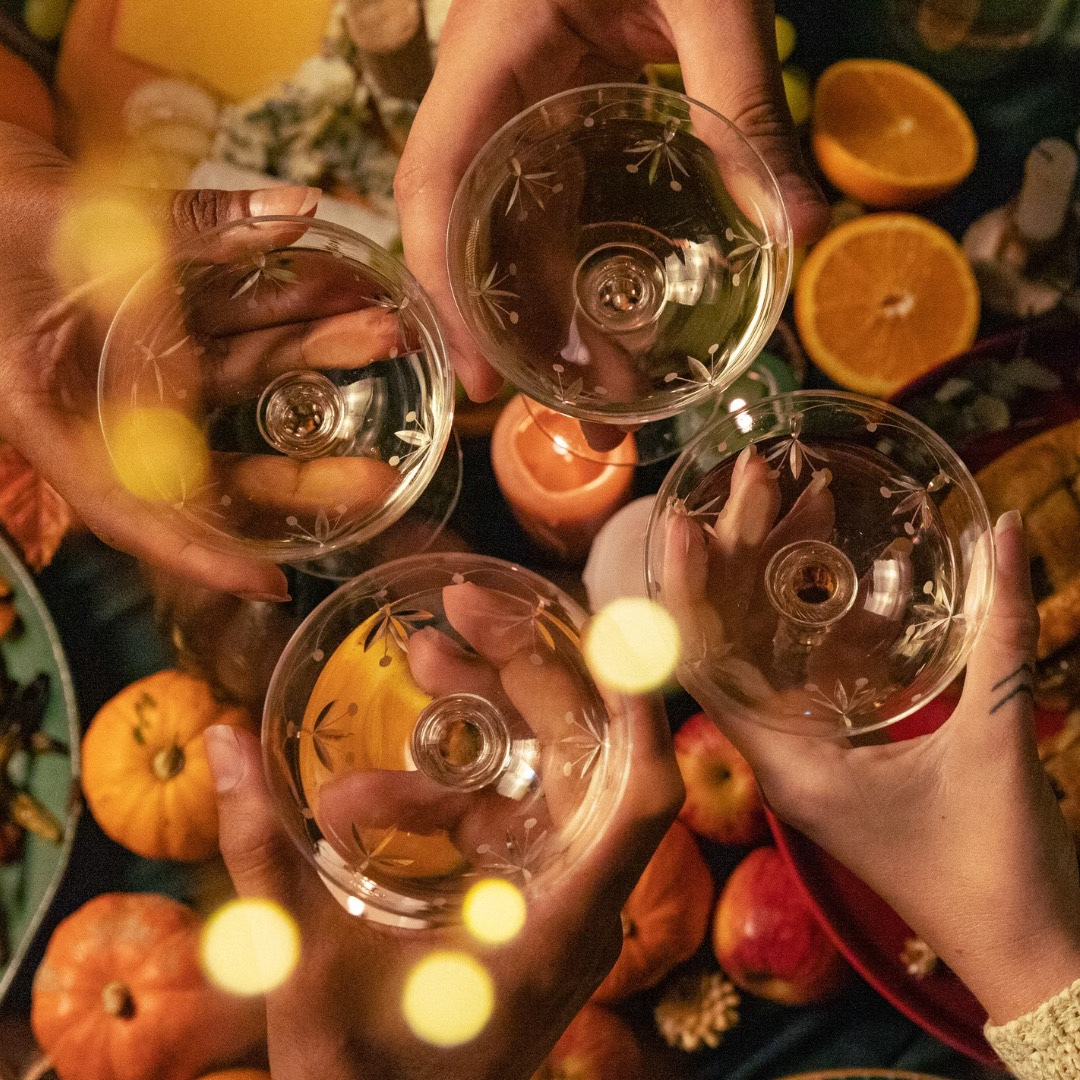
��ʪ�Υ磻��� �ȼ����ɡ� ��Ķ����
����ּ����ɥ磻��(�ʥ�����磻��)�פȤ������դ�������ǹ��ޤꡢ�ѥꡢ����ɥ˥塼�衼�������ڥ�ϡ���������Ȥ��ä��ԻԤǤϤ��ä���ʸ���Ȥ��ƺ��Ť��ޤ�����OIV(��ݥ֥ɥ����磻��)��2023ǯ�����פˤ��С�
����Ū�ʼ����ɥ磻�������̤Ϥ���10ǯ����2.4�ܤ˳��礷�Ƥ��ޤ������������˥��⤽���濴�ˤ��ޤ�������������夫��Υ磻��ʸ��������Ѥ������ߤǤϹ��������̤���30〜35%��͢�Ф���Ƥ��ޤ�(Slovenian Ministry of Agriculture 2024) ������Ǥ�͢����ȥå�5�ϡ������ꥢ���������ȥꥢ�����ܡ��̲�������ꥫ�Ǥ���
�����ơ��ʤ�����ܤϥ��������˥�������磻���͢����Ȥ���������3�̤ˤ�����ޤ��������ñ�ʤ�Ծ�ǡ����ǤϤʤ������ܤο�ʸ���˺��Ť�ȯ�ڡ���̣�����ؤδ������������������˥��μ����ɥ磻��ȶ��Ĥ��Ƥ��뤳�Ȥ��Ƥ��ޤ���
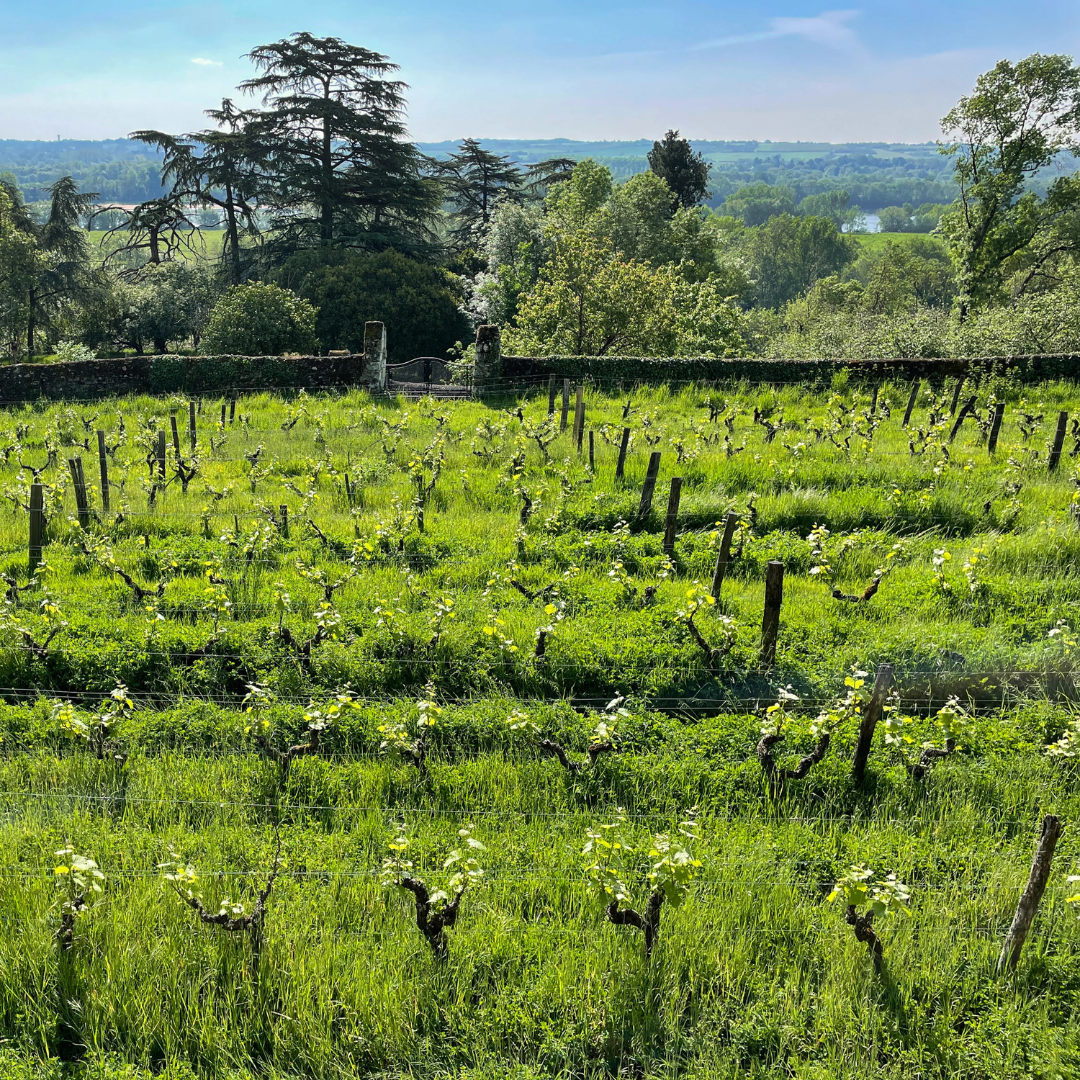
���������˥��Ρֿ��μ����ɡ�
���������˥��Ǥϲ������������ܹ������餺�����ϸ�ͭ�ζݤ�Ż뤷����¤��³���Ƥ��ޤ������磻����ɾ��
����������ӥ��ϡ�Decanter����ý��Ǥ����Ҥ٤Ƥ��ޤ���
�֥��������˥��������Ԥ����ϡ�ή�ԡɤǤϤʤ���������ˤ�錄������Ѥ���Ƥ��������Ϥε����ɤ�磻��˱Ǥ��Ƥ����
Jancis Robinson �� Decanter, The Amber Wine Renaissance 2020 ��
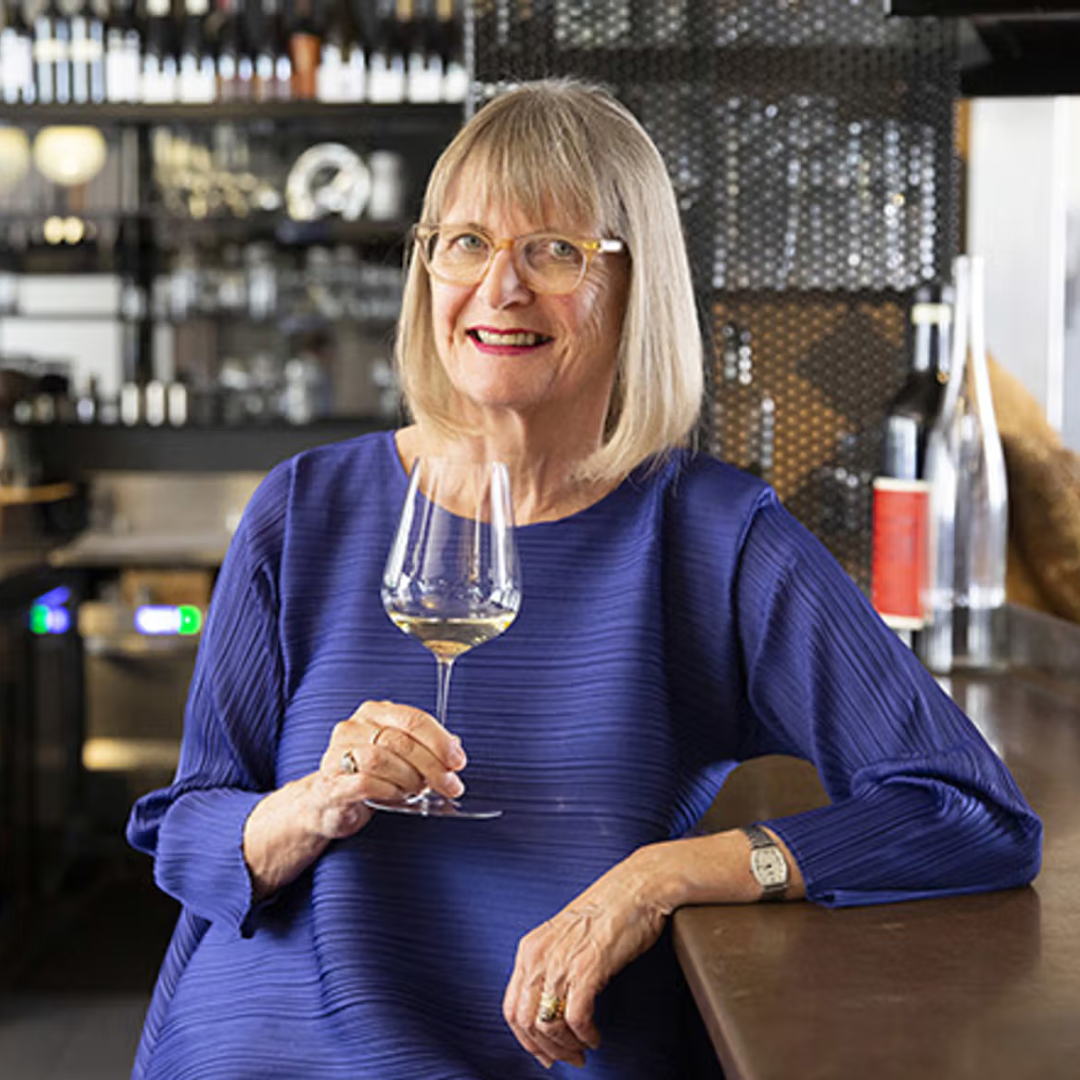
���θ��դ��̤ꡢ���ˤȤäƼ����ɤȤϡȥ�������ɤǤϤʤ������١ɡ��֤ɤ����Ϥ����ͤμ�ϺǾ��¤ˤȤɤ�롣���줬���ι��©�Ť��磻��¤��κ����Ǥ���Ʊ�ͤˡ��磻�㡼�ʥꥹ�ȤΥ������J������դ����� �� Amber Revolution 2018 �٤ǡ�
�֥��������˥��ϡȸ�����ηáɤȡȸ���δ����ɤ�ʻ�����ġ����Υ���磻��ʸ�����Ǥ���פ�ɾ���Ƥ��ޤ��� 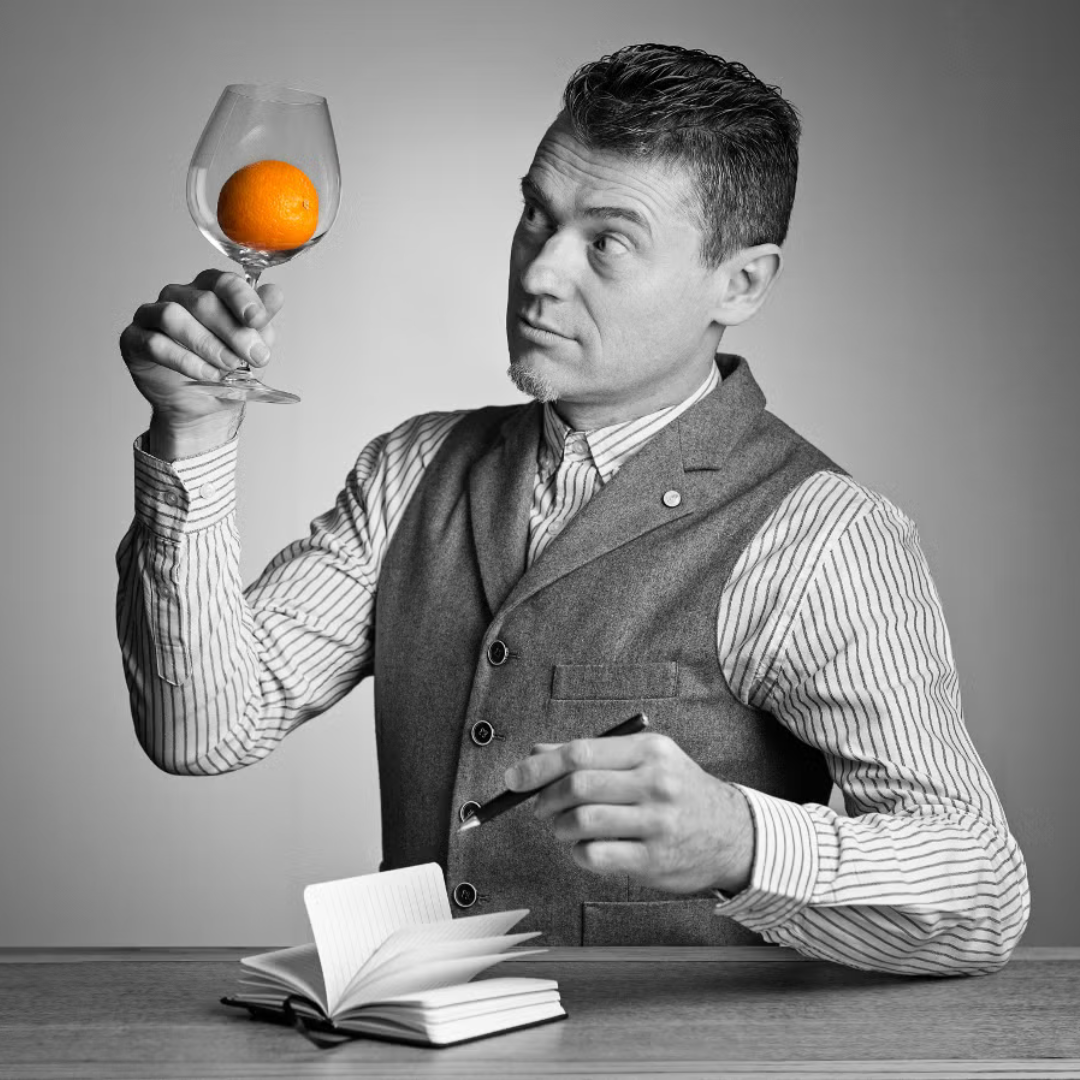
����̣�����פȡ���ʪ��
�����ɥ磻��λ��ۤ����˹��¤��ꡢ
�˥��顦�����Ϥ������ޤ���
�֥磻�����̣�����ȸ������ˡ���ʪ�Ǥʤ���Фʤ�ʤ��������ɤ���ʪ������ɡ���ʪ��ɬ��������̣�����Ȥϸ¤�ʤ���
Nicolas Joly �� Le Vin, du Ciel à la Terre ��
���θ��դˤϡ������ȵ��ѤΥХ�ؤο���ƶ����������Ƥ��ޤ����磻��������Ǥϡ�
������Ǥ���뤳�Ȥ���Ū�ǤϤʤ������������������������̣�����ɤ�Ƴ���Ф����Ϥ������ܼ��Ǥ��������Υ��������˥��Ǥϡ��㤤¤��ꤿ�����ǿ�������ʪ��Ū�μ���������ĤĤ⡢����Ū��᱾�¤(����ե��顿����������)���ɾ�������֥ƥ���������ʹ���פȤ���������Ω���֤äƤ��ޤ�������ϡ���ʪ�Υ磻��=�ͤȼ�����Ĵ�¤Ȥ������ۤμ������Τ�ΤǤ���
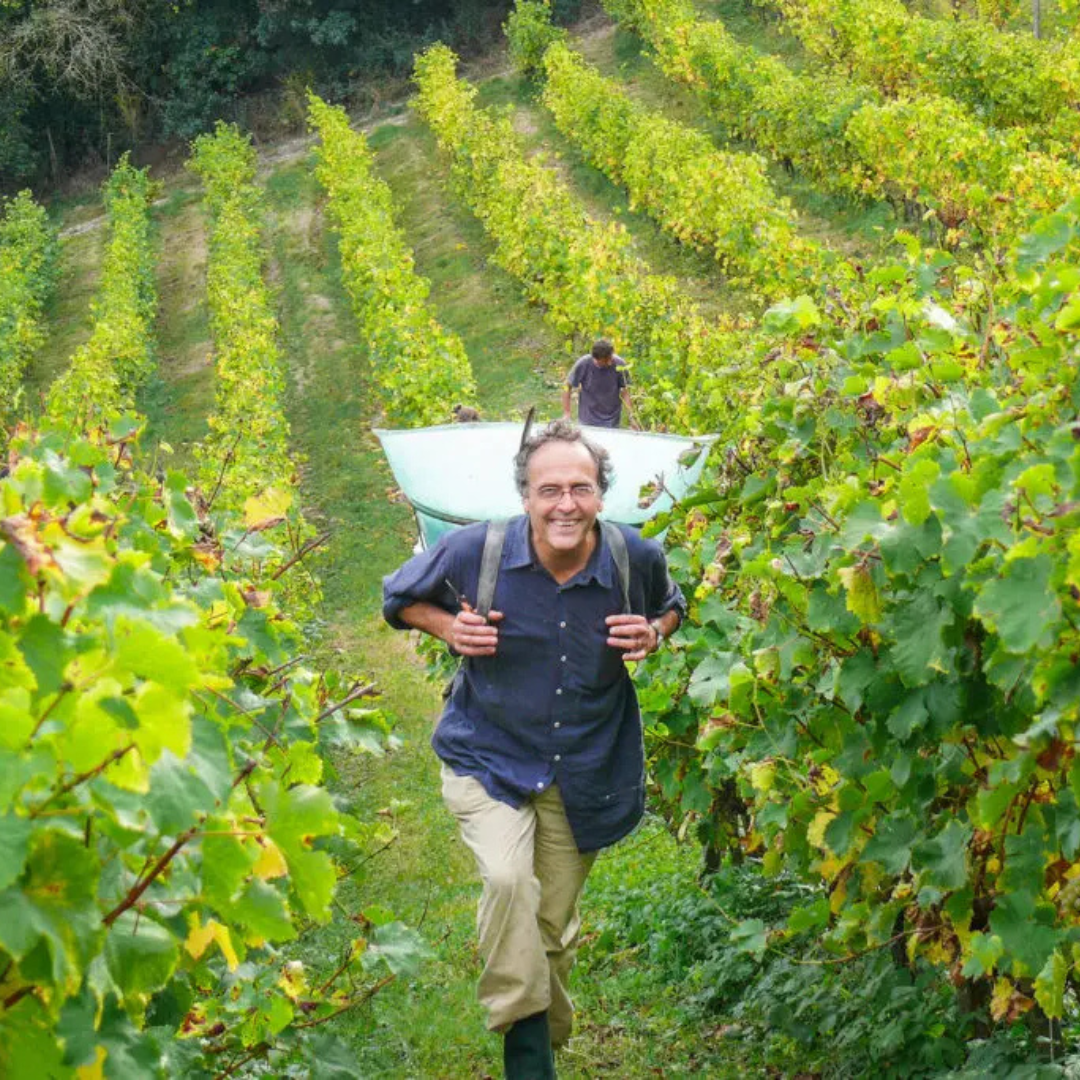
����ʪ�ɤ�������դ�����
�ȥʥ�����ɤȤ������դ˴Ť뤳�Ȥʤ��������ˤ֤ɤ��ȸ����礤���������������º��¤��ꡣ��餬���߽Ф��磻��ϡ�ñ�ʤ����ʪ�ǤϤʤ��������ϡ����֡��ͤε�����Ѥ�ʸ���פǤ��������ε����Ϥǡ���ǯ��Ʊ��Ȫ�ȸ����礦¤��ꤿ���������Ť��ʾ�Ǯ�������饹��������ῧ�ε����Ȥʤä�©�Ť��Ƥ��ޤ������ΰ�ũ������������ʪ�Υ磻��ɤλѤʤΤǤ���
�����ơ����������ȡ���ʪ�Υ磻��ɤ���Ȥ��˷礫���ʤ��Τ�������磻���¸�ߤǤ�������磻��Ϥ��Ф��м�����(�ʥ�����磻��)�ξ�ħ�Ȥߤʤ���ޤ�����ξ�Ԥϥ�������ǤϤ���ޤ���
����Ϥ����ޤ���ˡ��ؤ��������ɤ�ů�ؤ�ؤ��ޤ�����Ȫ��ȯ�ڤ�Ǥ�����������ˤޤ�����פȤ����ͤ����Τ�Ȥǡ����Υ������뤬¿�����Ф�Ƥ��������νŤʤꤳ�����ܼ��Ǥ����Ĥޤꥪ��磻��Ȥϡ�
�����ɥ磻��γ˿��ˤ���ȿͤμ�����������ɻ��ۤǤ��������θ������������ȸ�����Ǥ��礦�� 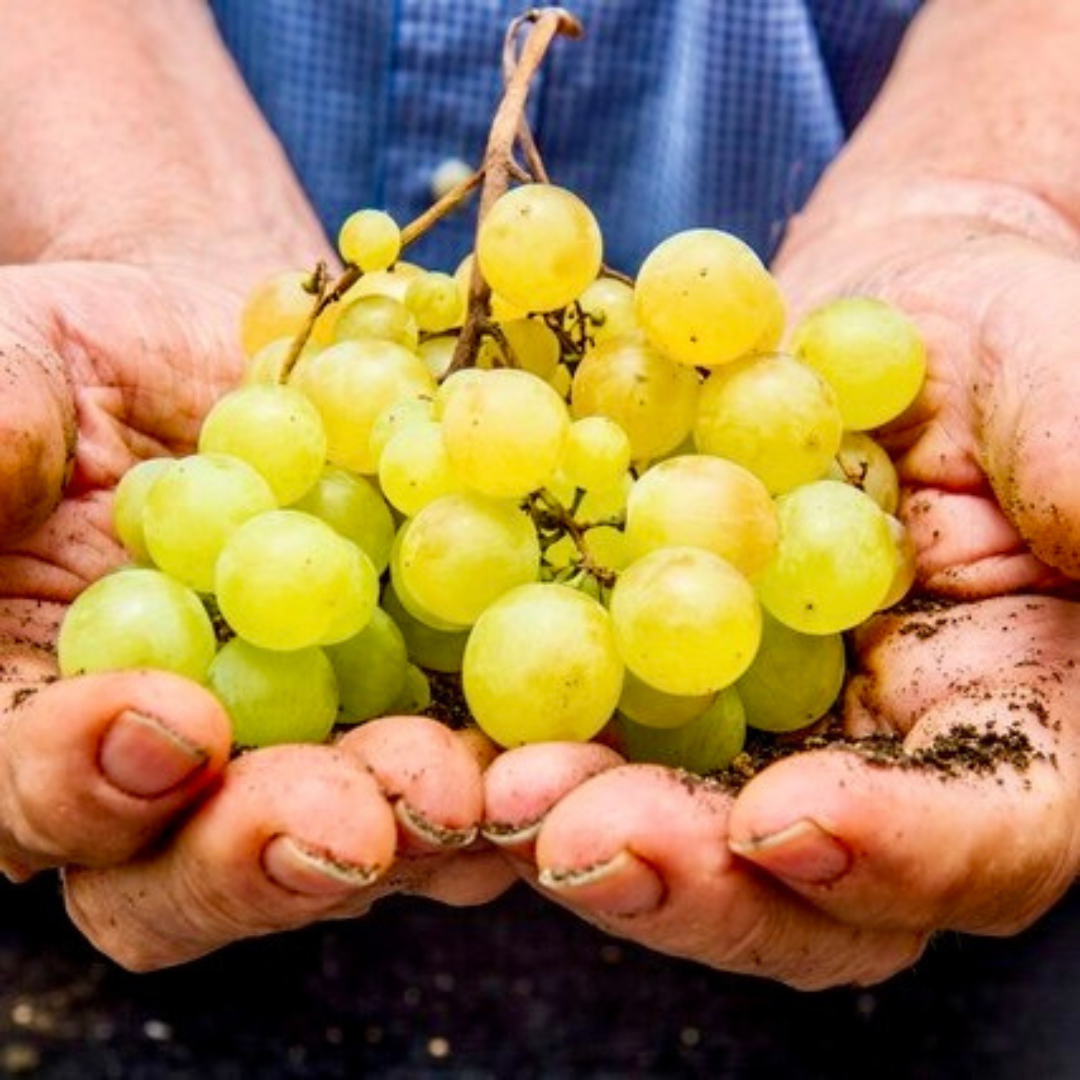
�Ǹ��
����������������俧�礤��ۤ����Ȥ����ˡ�����磻����ܼ�������ޤ�������ϡ������ȸ����礤�ʤ���������¤��ꤿ����ů�ؤ��Τ�ΤǤ������Ϥ����طʤˤ�����ۤ���ʹѤƤ����ޤ��礦��
����磻���������ɡô�Ϣ�ڡ�����
�ơ��ޤ��Ȥ˿����ꡣ���ˤʤ���������ɤ�����
��äȳڤ����������
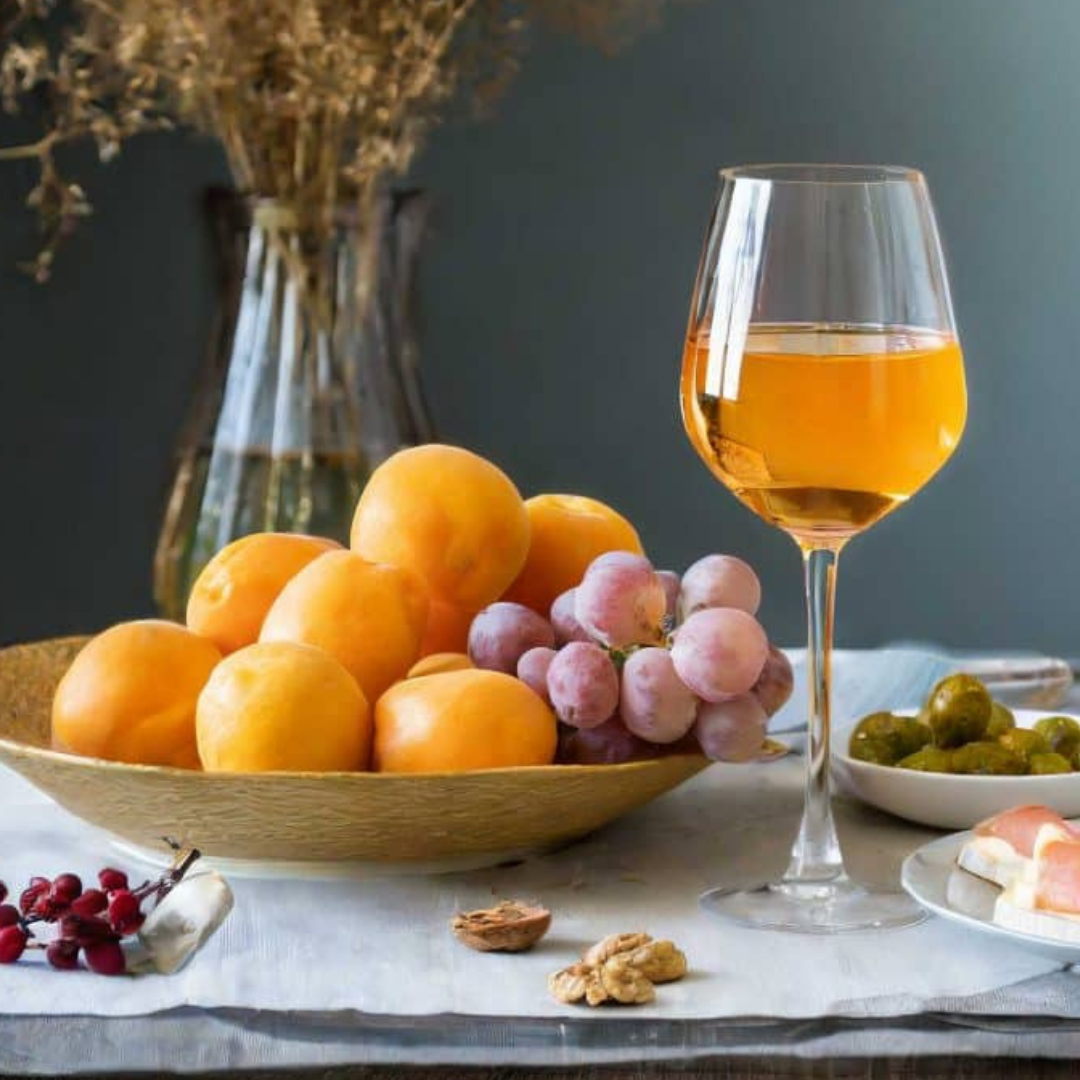
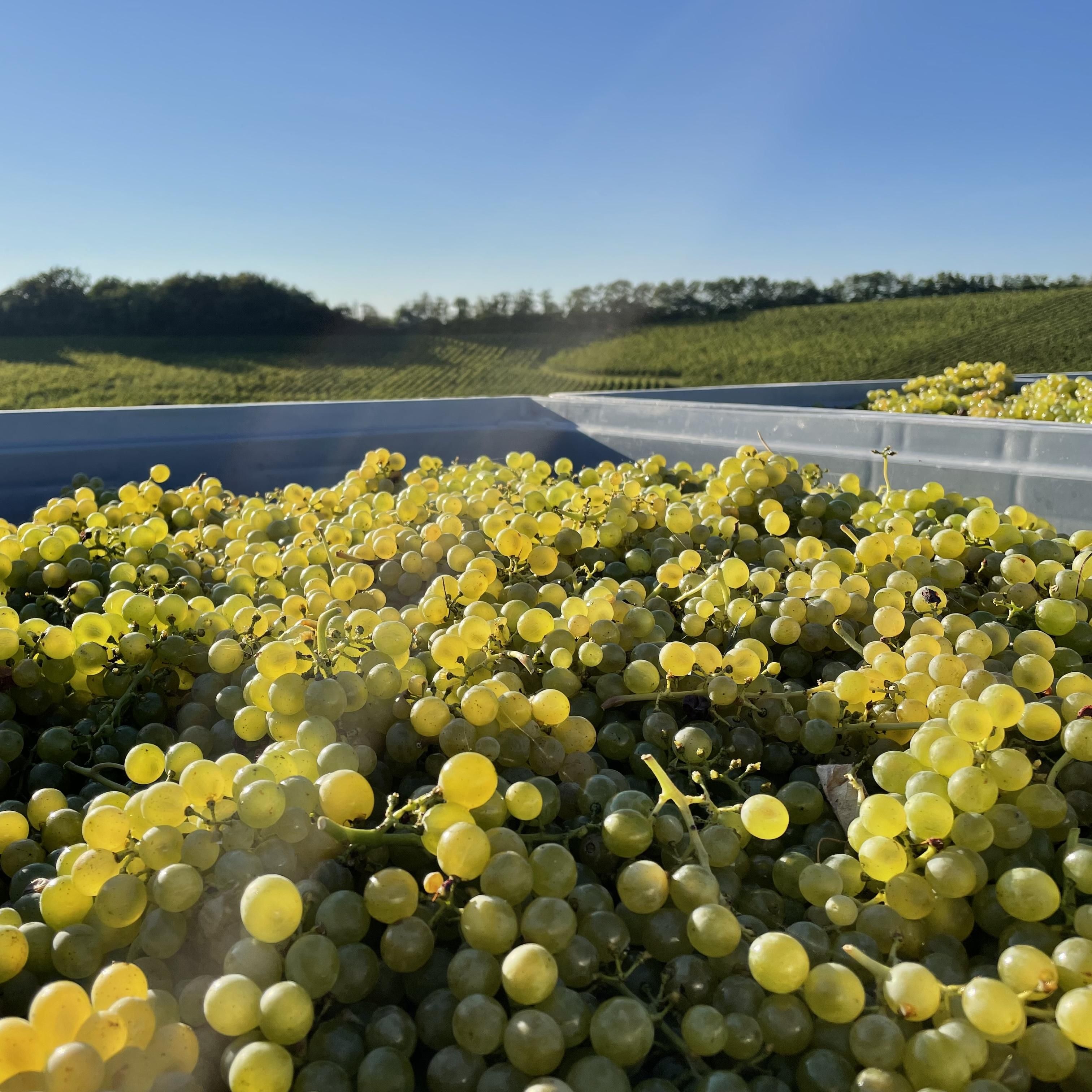
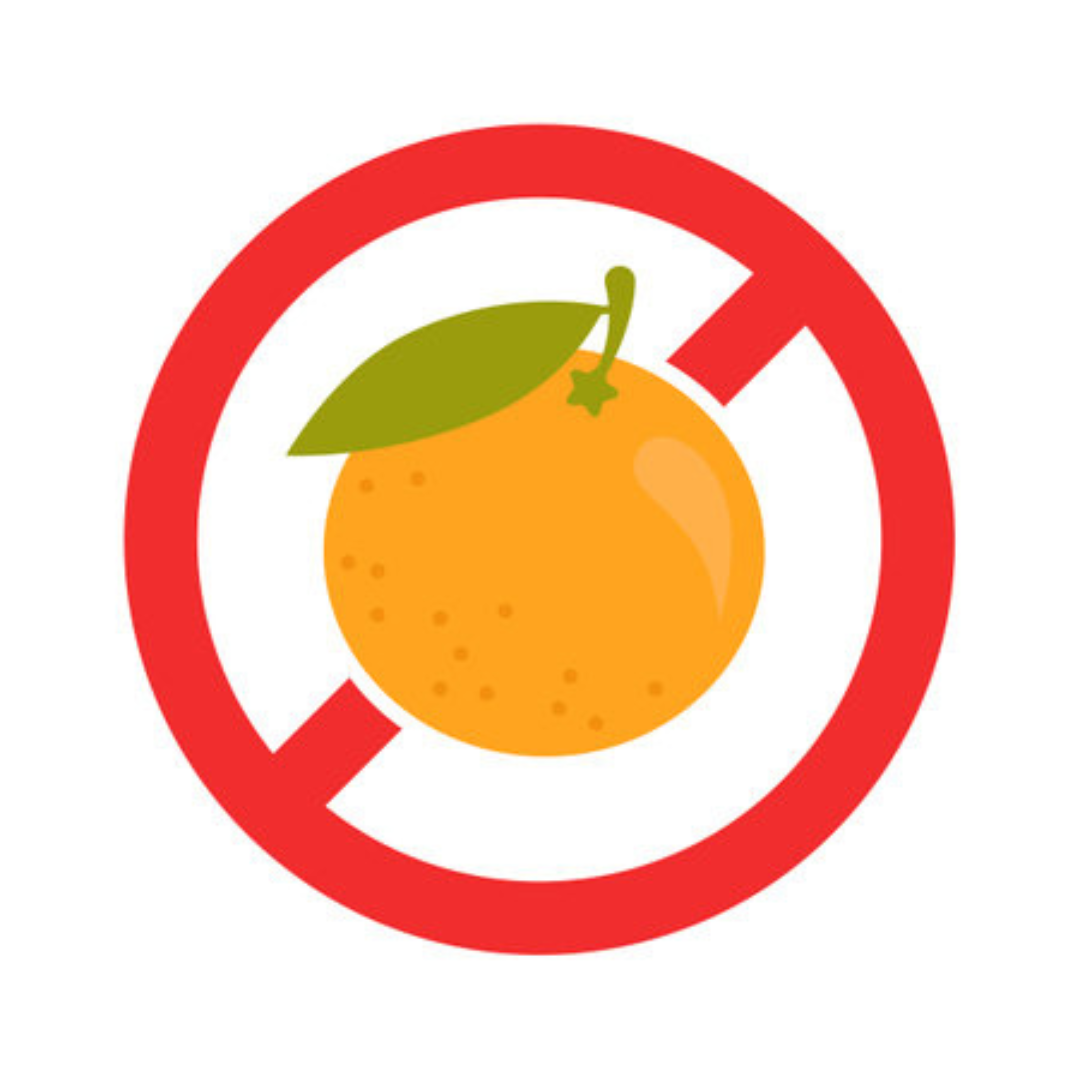
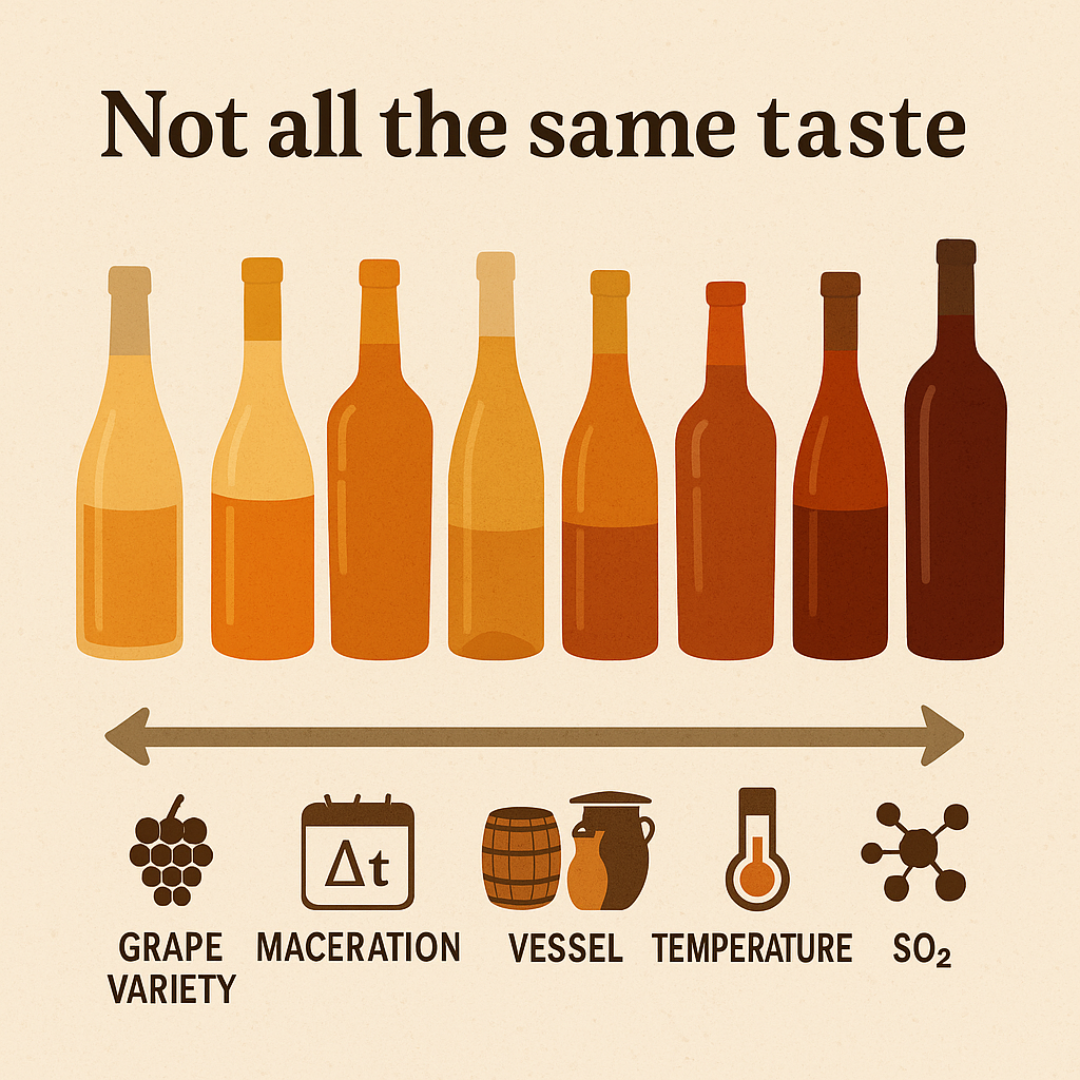
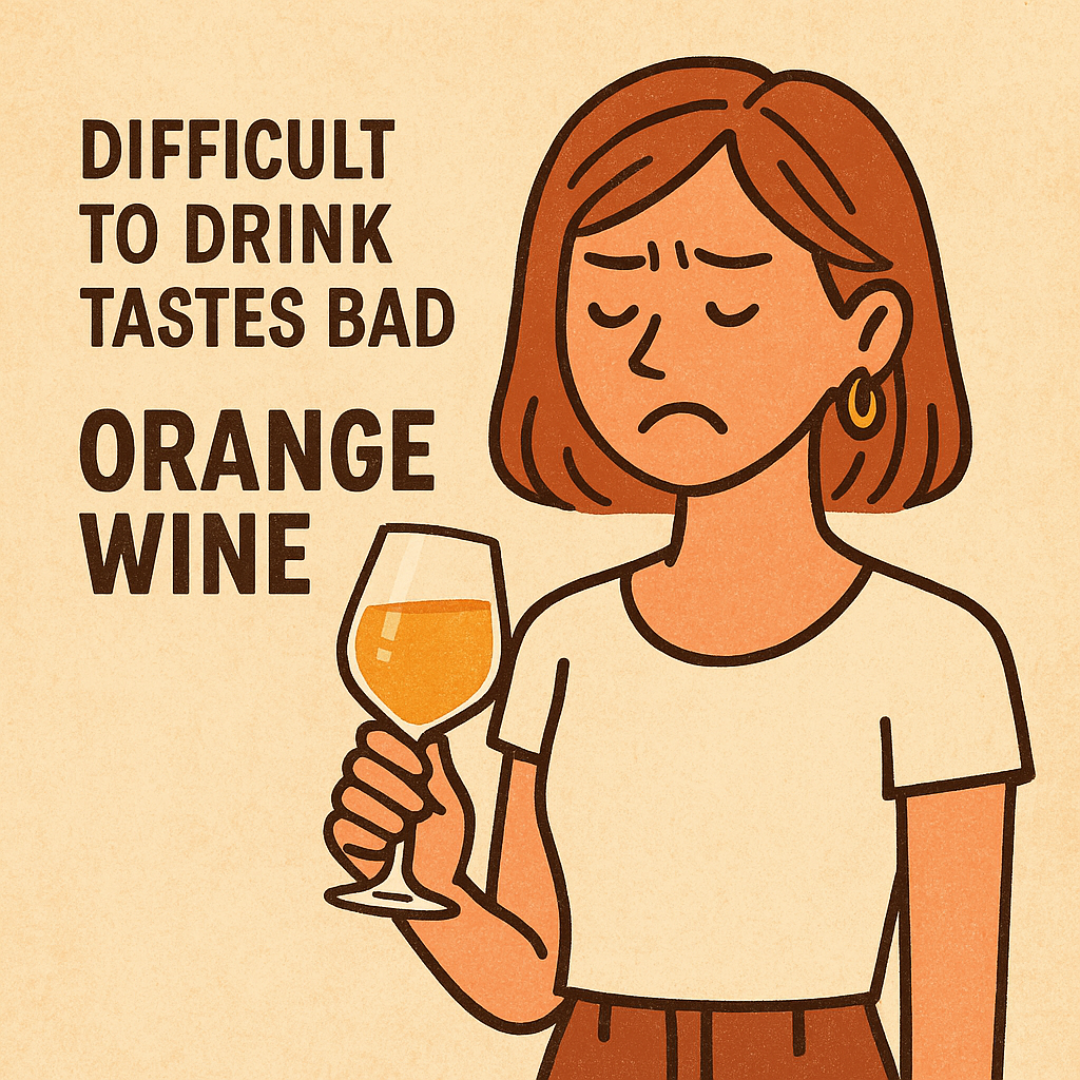
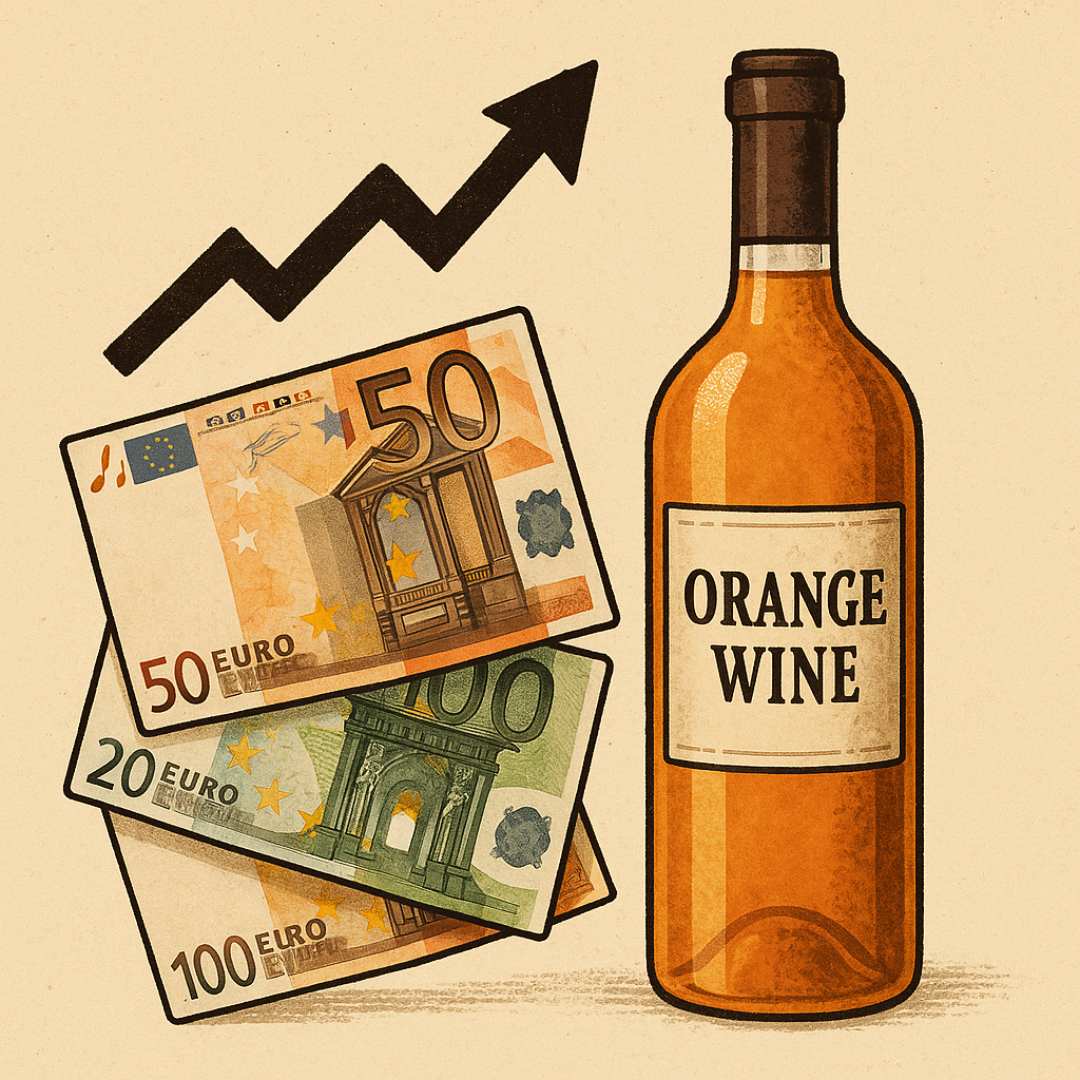
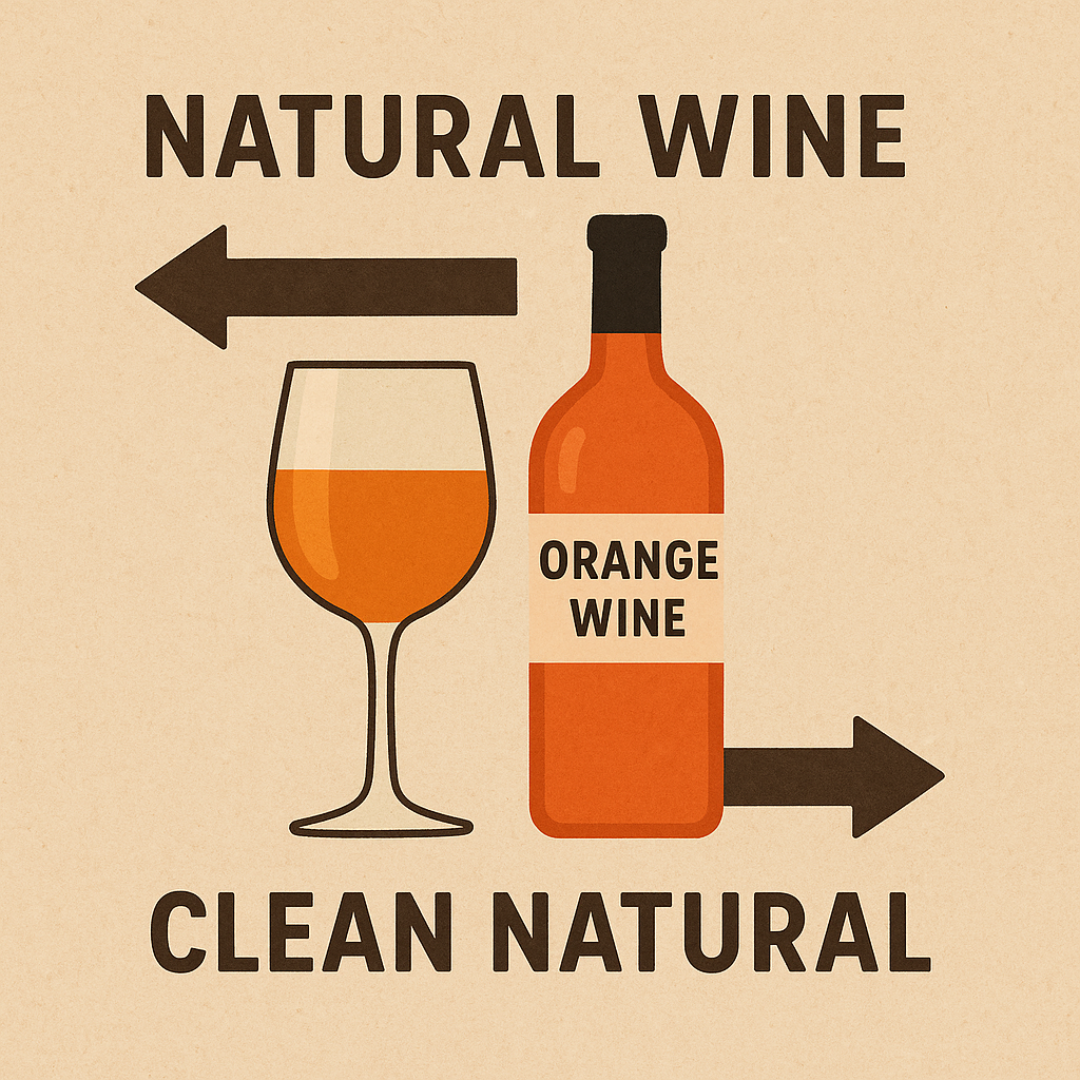
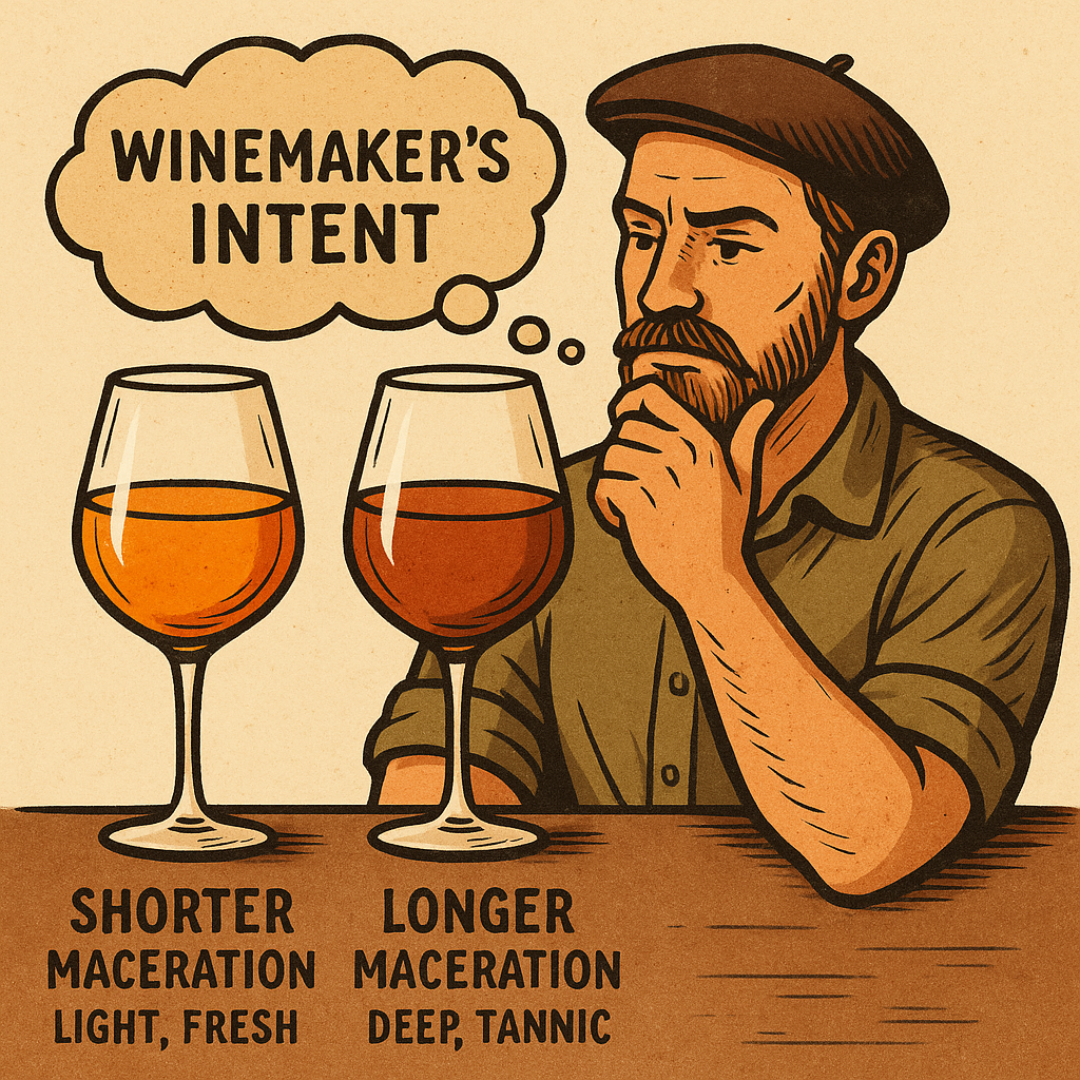
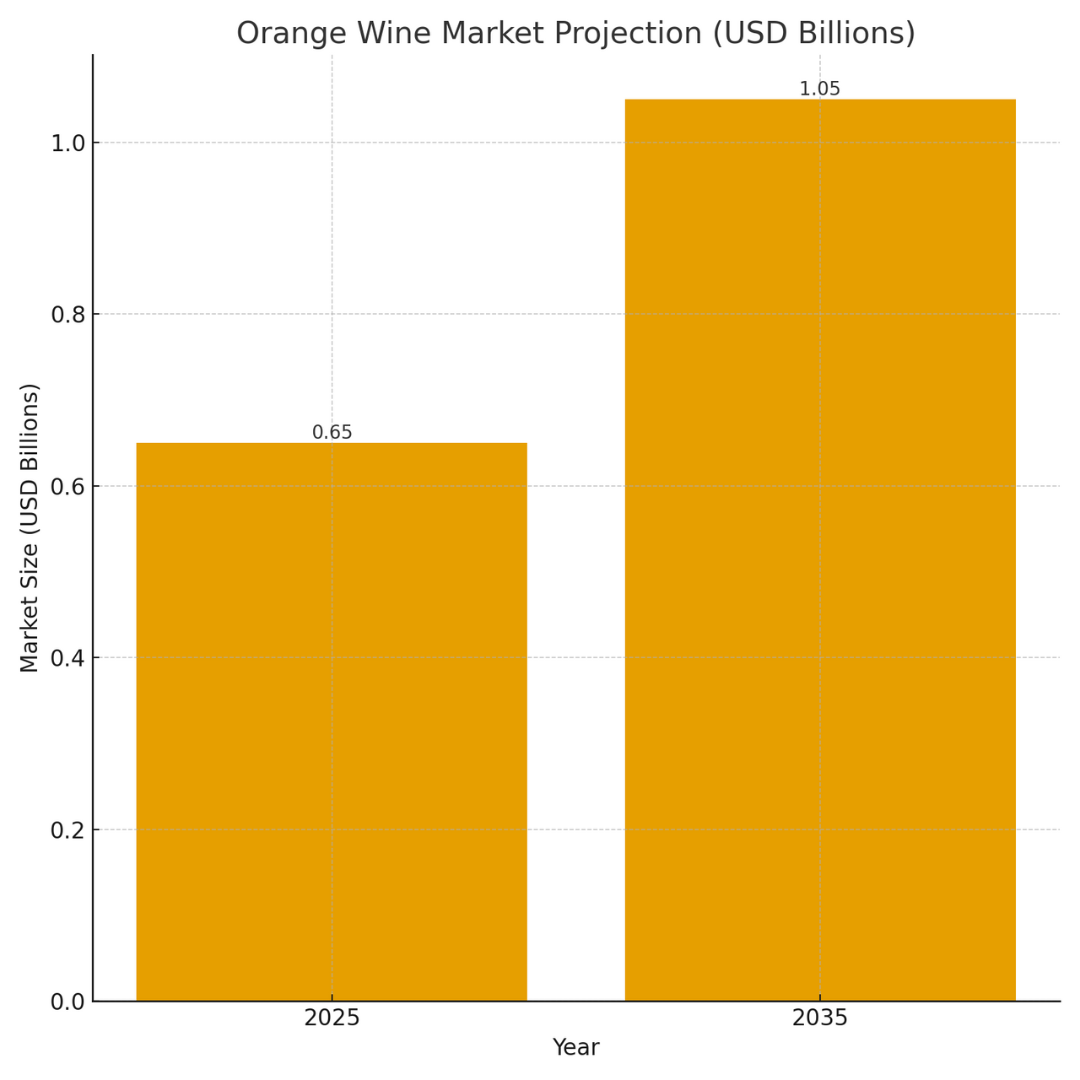
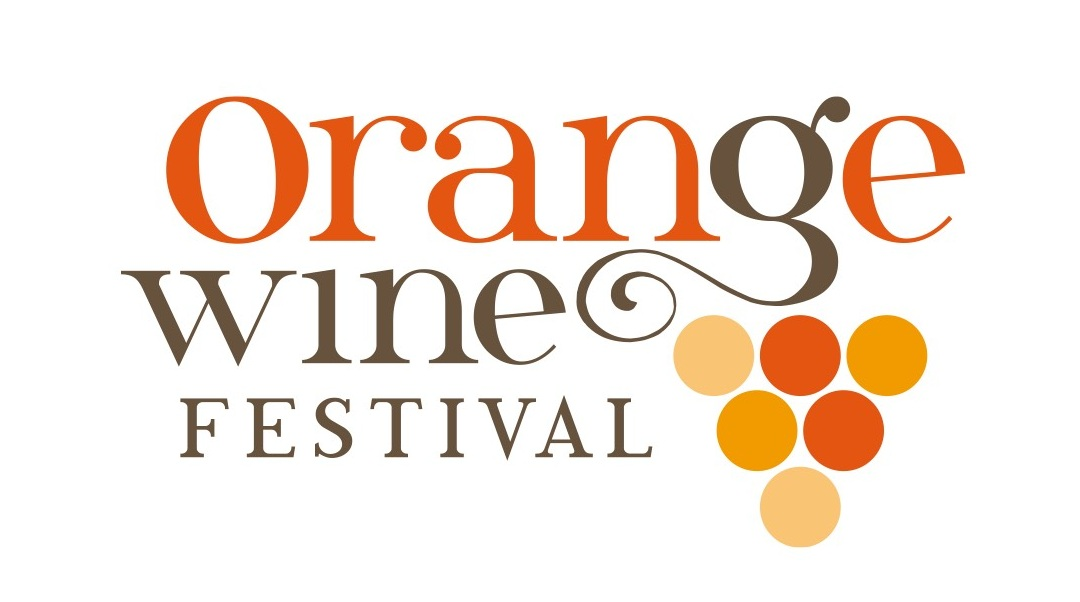 Ʊ����ˤ�ꡢ����磻����������ڤ���Ū�ˡ���Orange wine festival/����磻��ե����ƥ��Х�פ����š�������(���������˥�)�ȥ�������(�������ȥꥢ)��2��/ǯ���ȼԸ���Ÿ����Vinitaly/�����ˡ����������������(�����ꥢ)�Ǥ��ư��Ƥ��롣
Ʊ����ˤ�ꡢ����磻����������ڤ���Ū�ˡ���Orange wine festival/����磻��ե����ƥ��Х�פ����š�������(���������˥�)�ȥ�������(�������ȥꥢ)��2��/ǯ���ȼԸ���Ÿ����Vinitaly/�����ˡ����������������(�����ꥢ)�Ǥ��ư��Ƥ��롣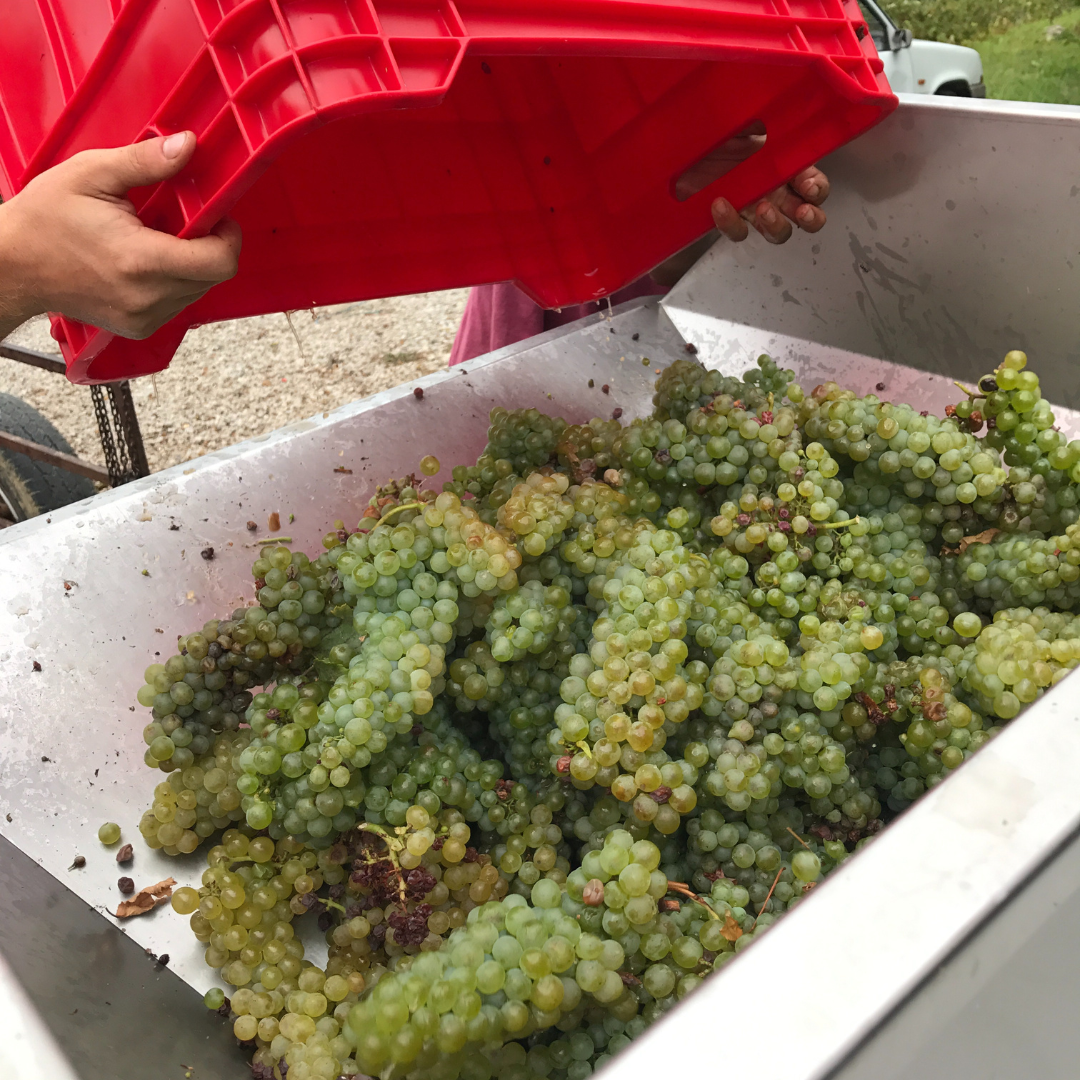
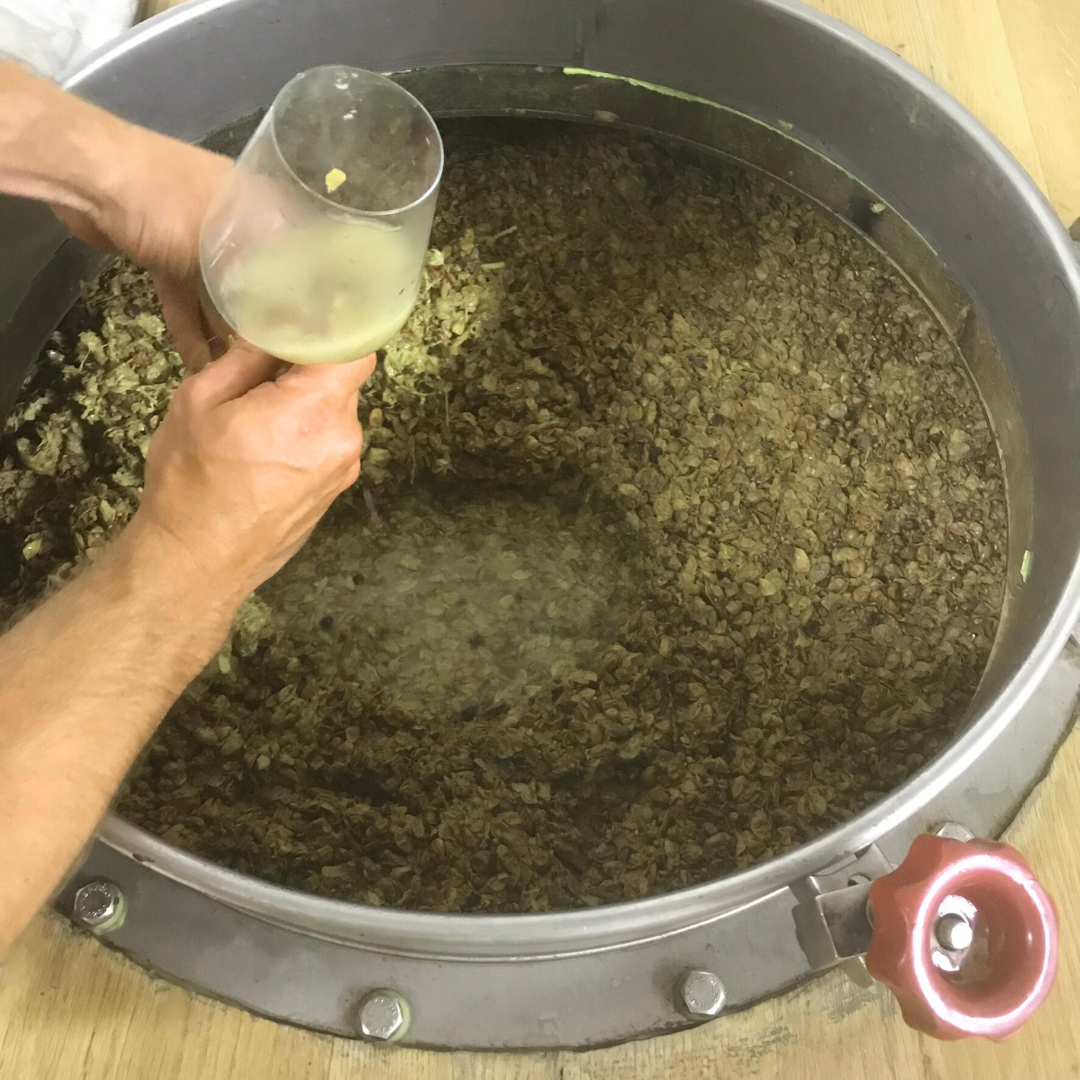
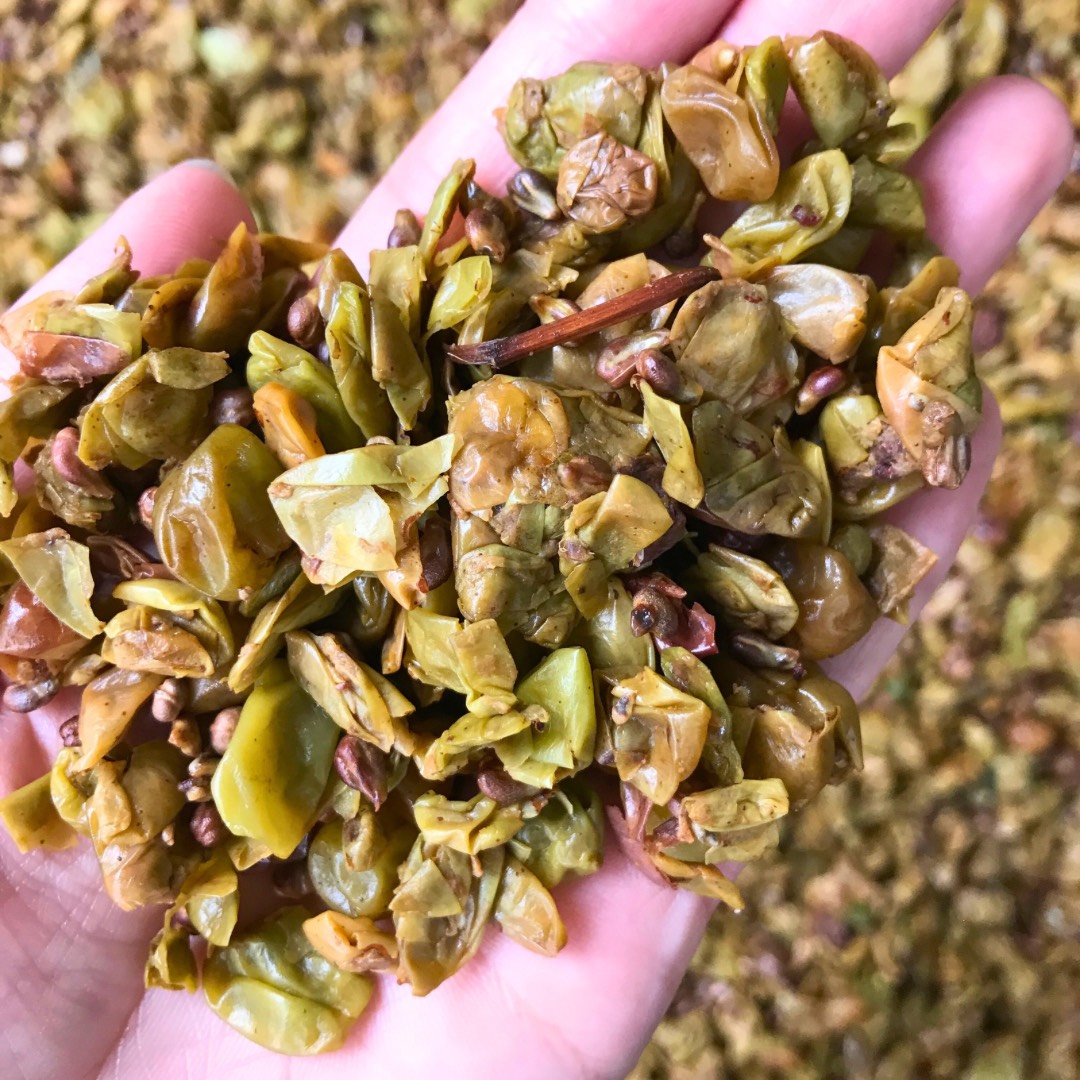
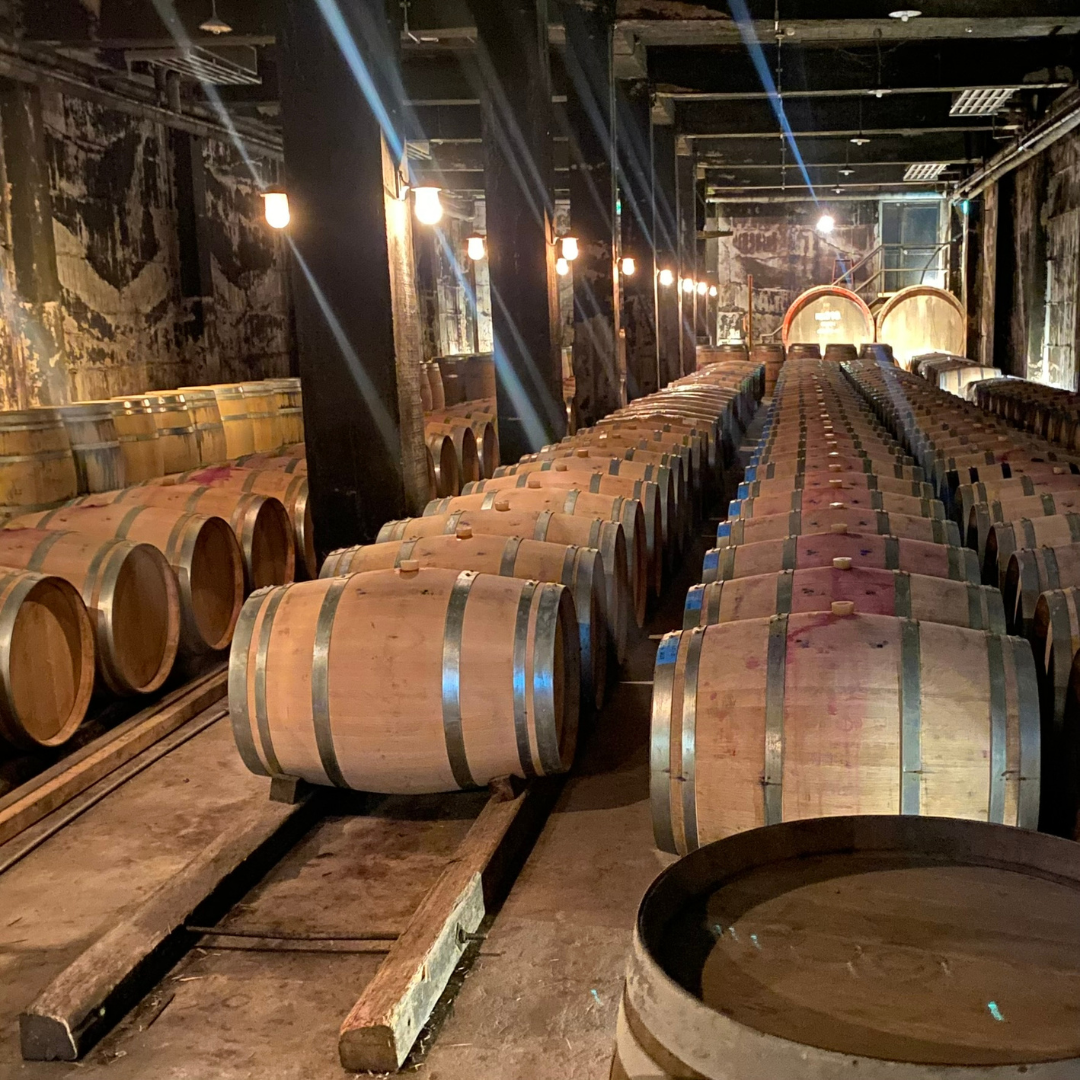
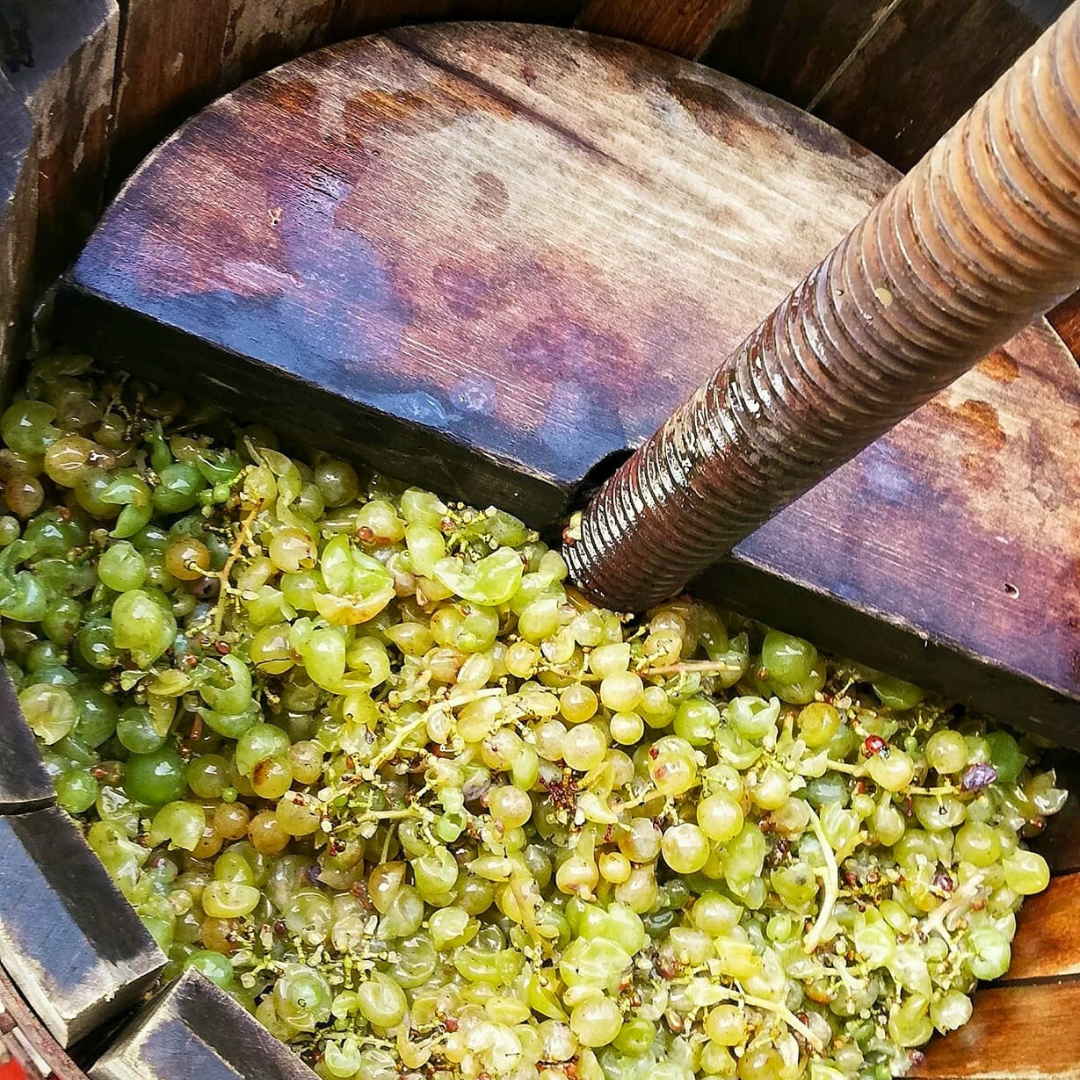
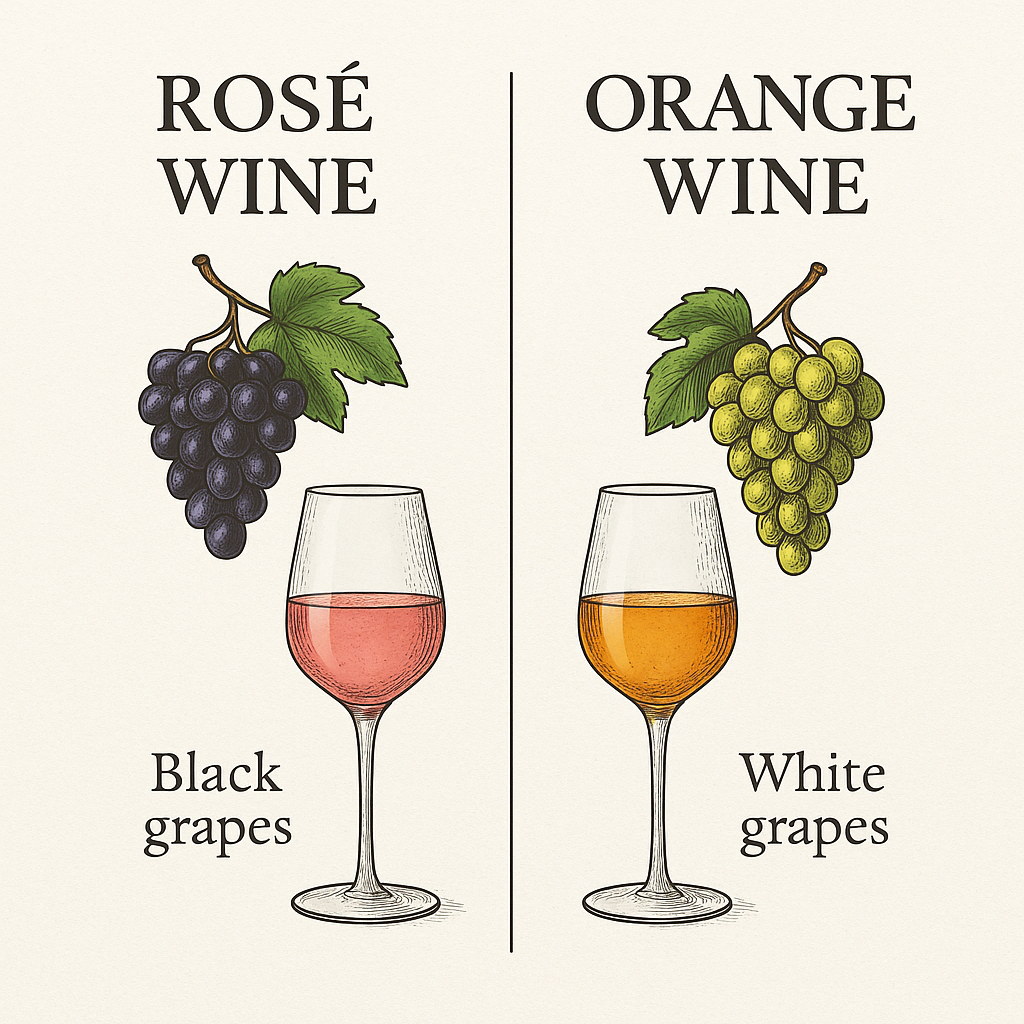
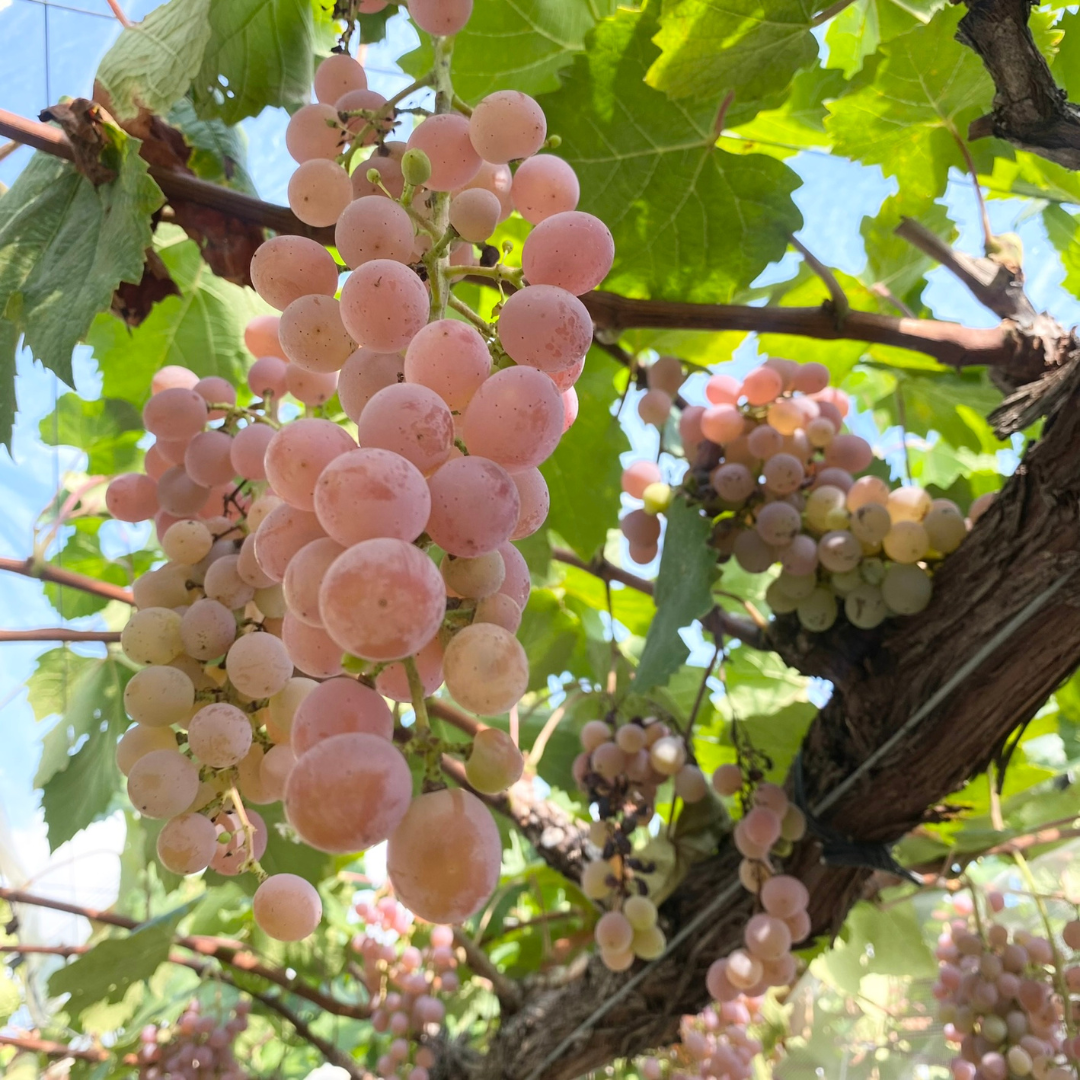 �ý��ΥԥΥ���(��֤ɤ�)
�ý��ΥԥΥ���(��֤ɤ�) 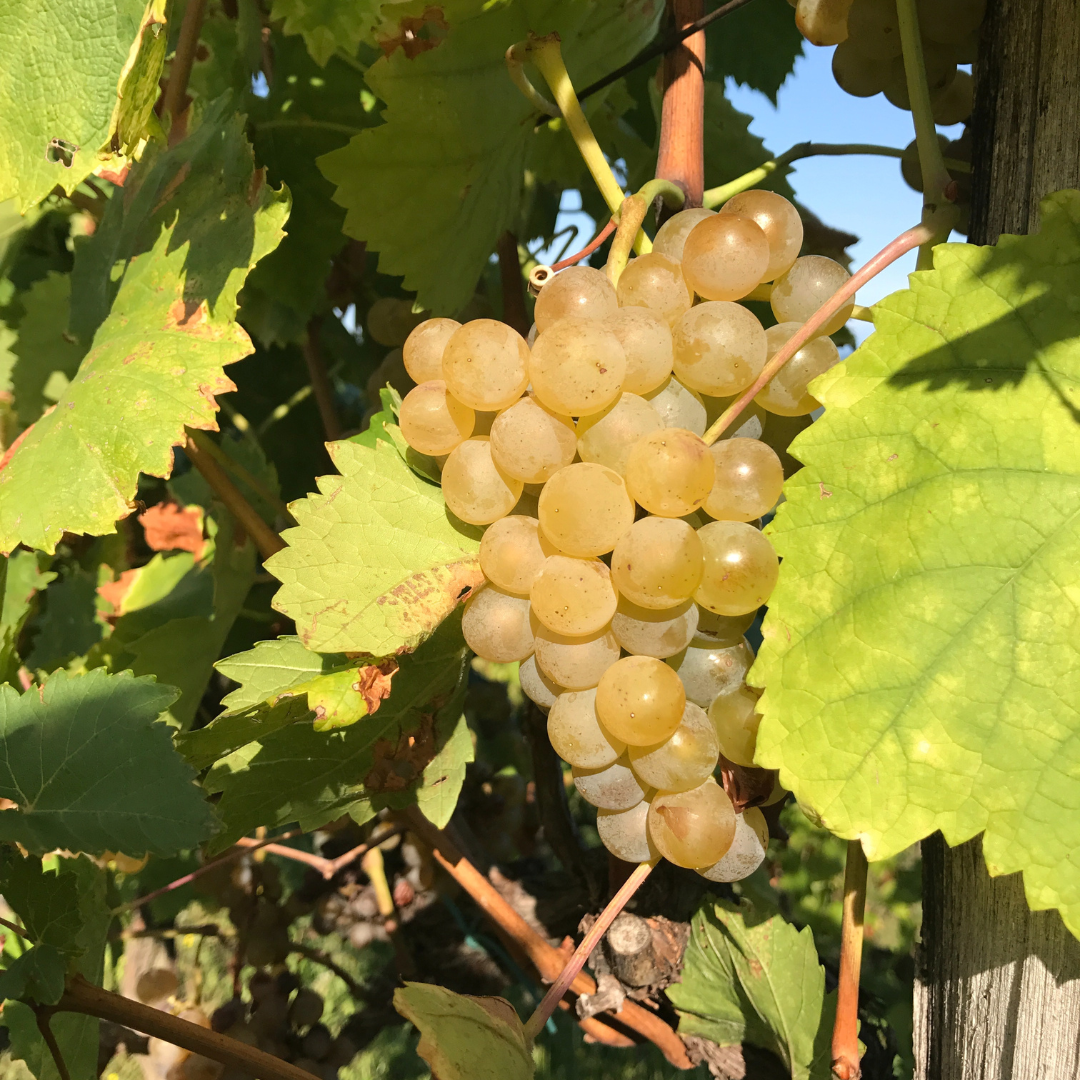 ���������˥��Υ�֥�(���å֡��顢��ܥå顦����å�)
���������˥��Υ�֥�(���å֡��顢��ܥå顦����å�)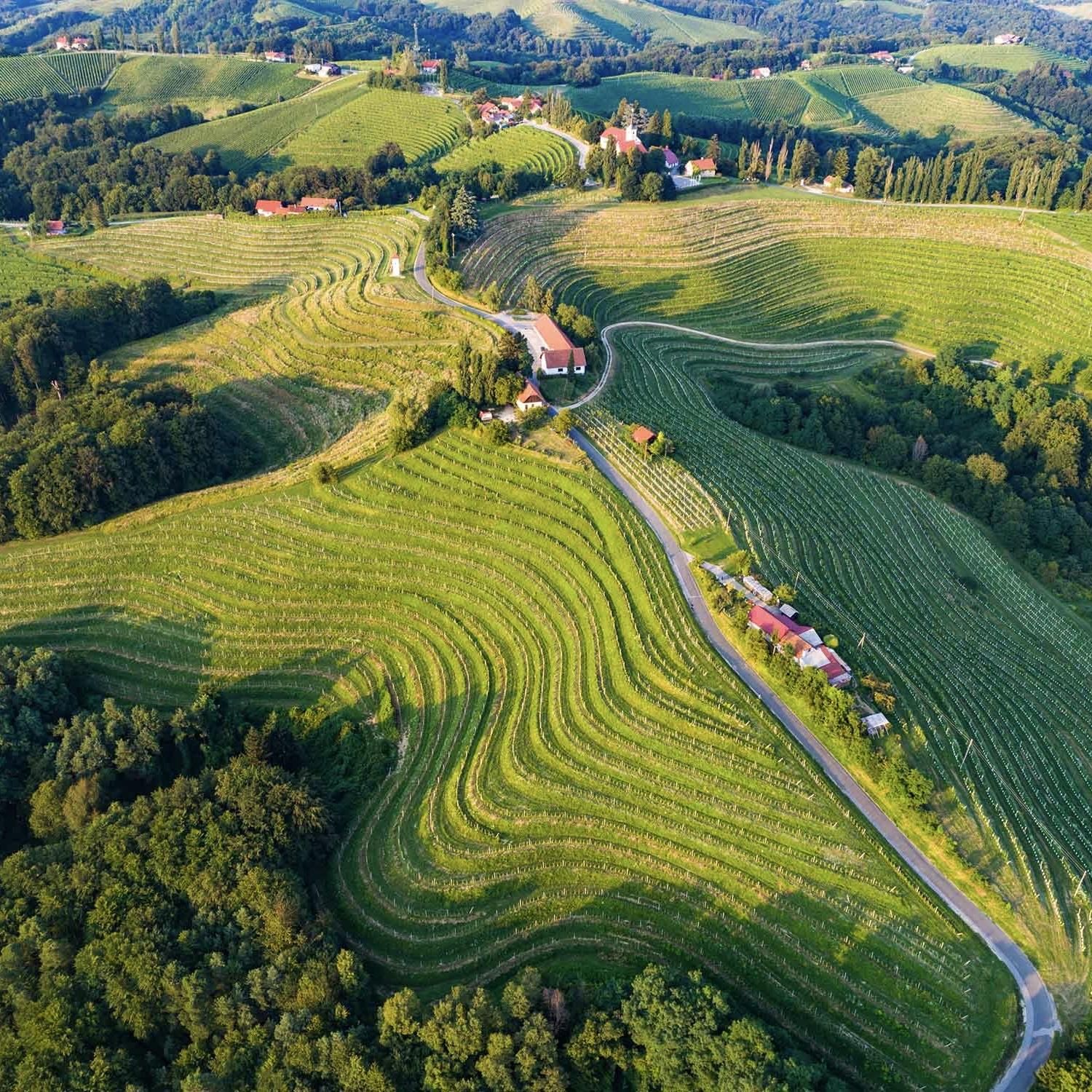




 ξ�����³���ǤҤȤĤΥ磻��ʸ����
ξ�����³���ǤҤȤĤΥ磻��ʸ����











